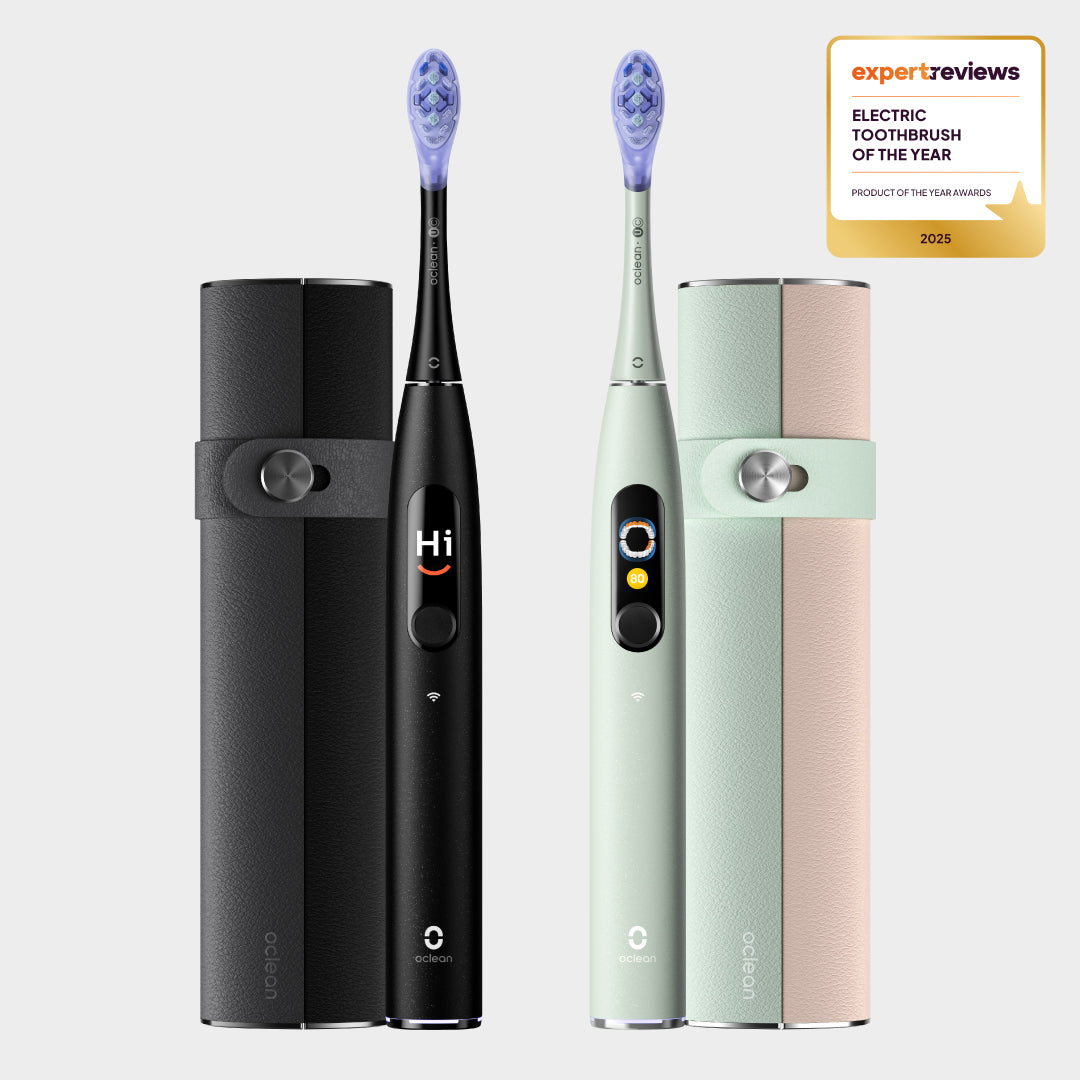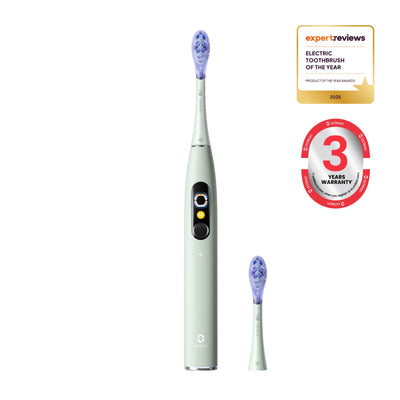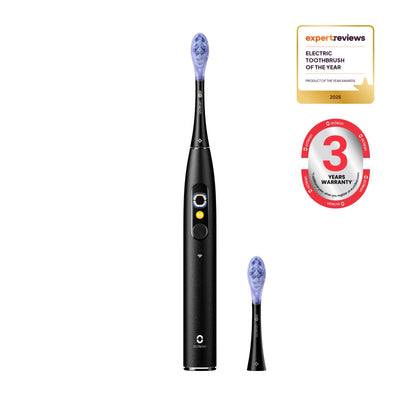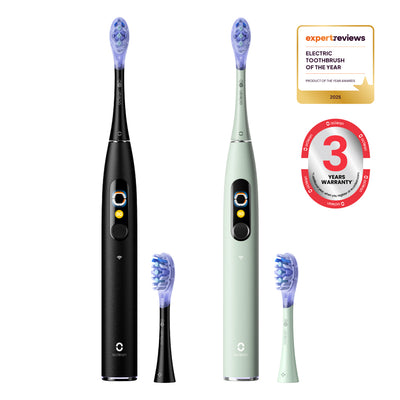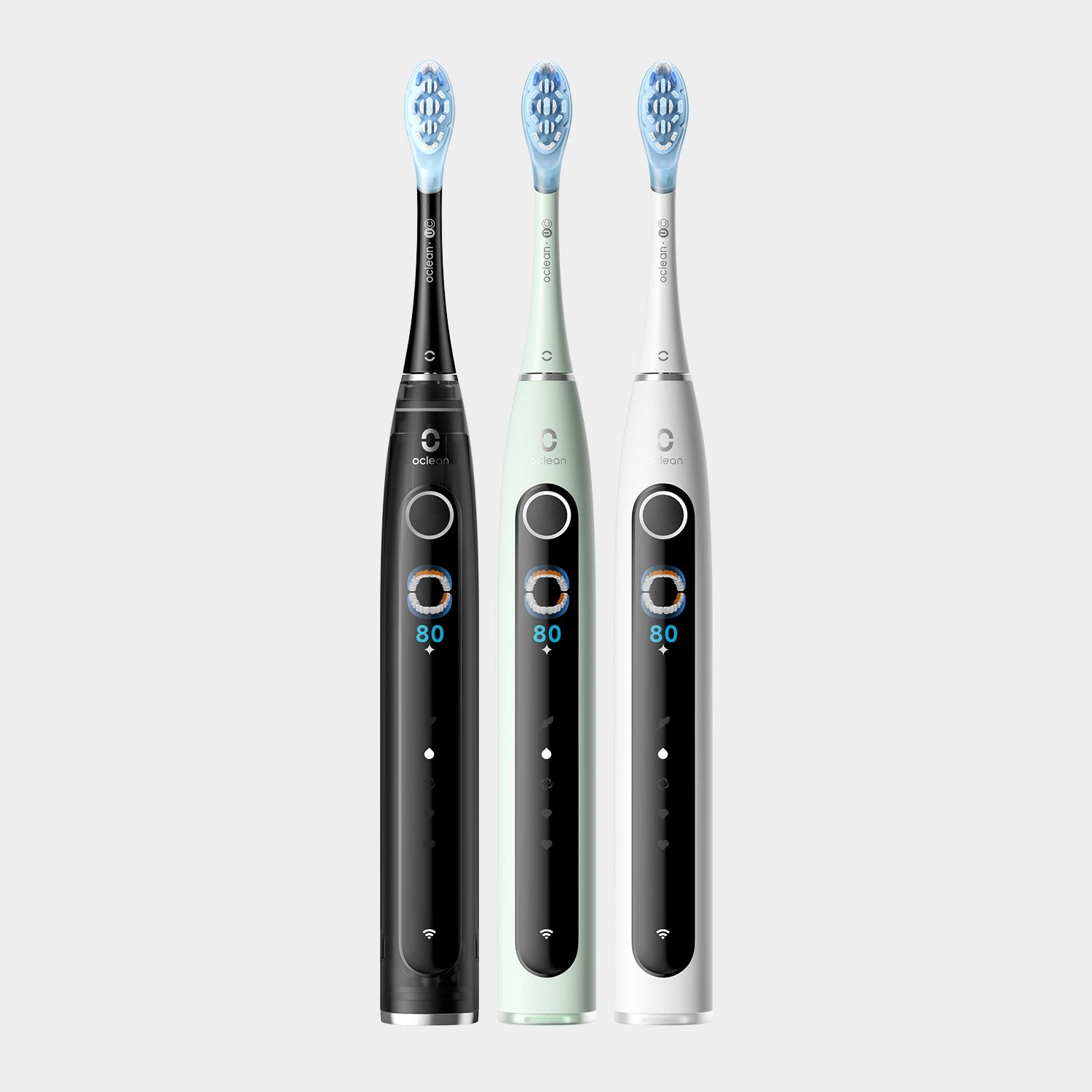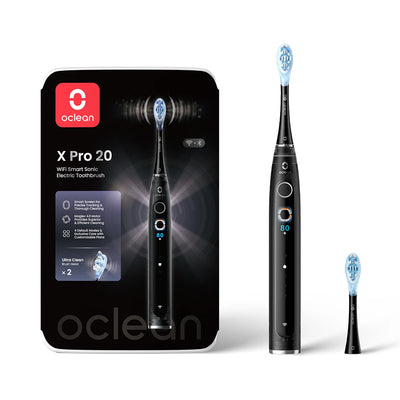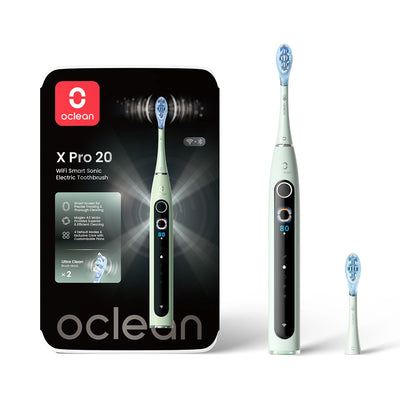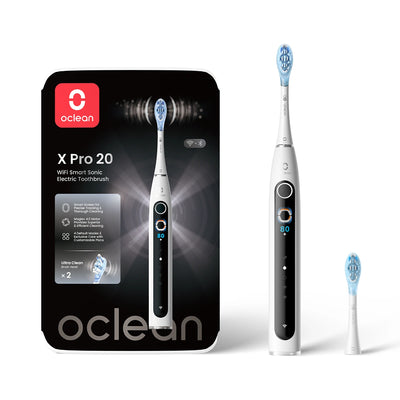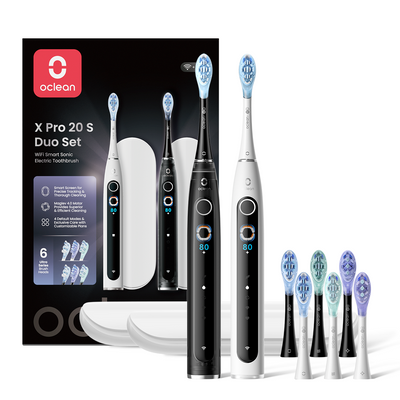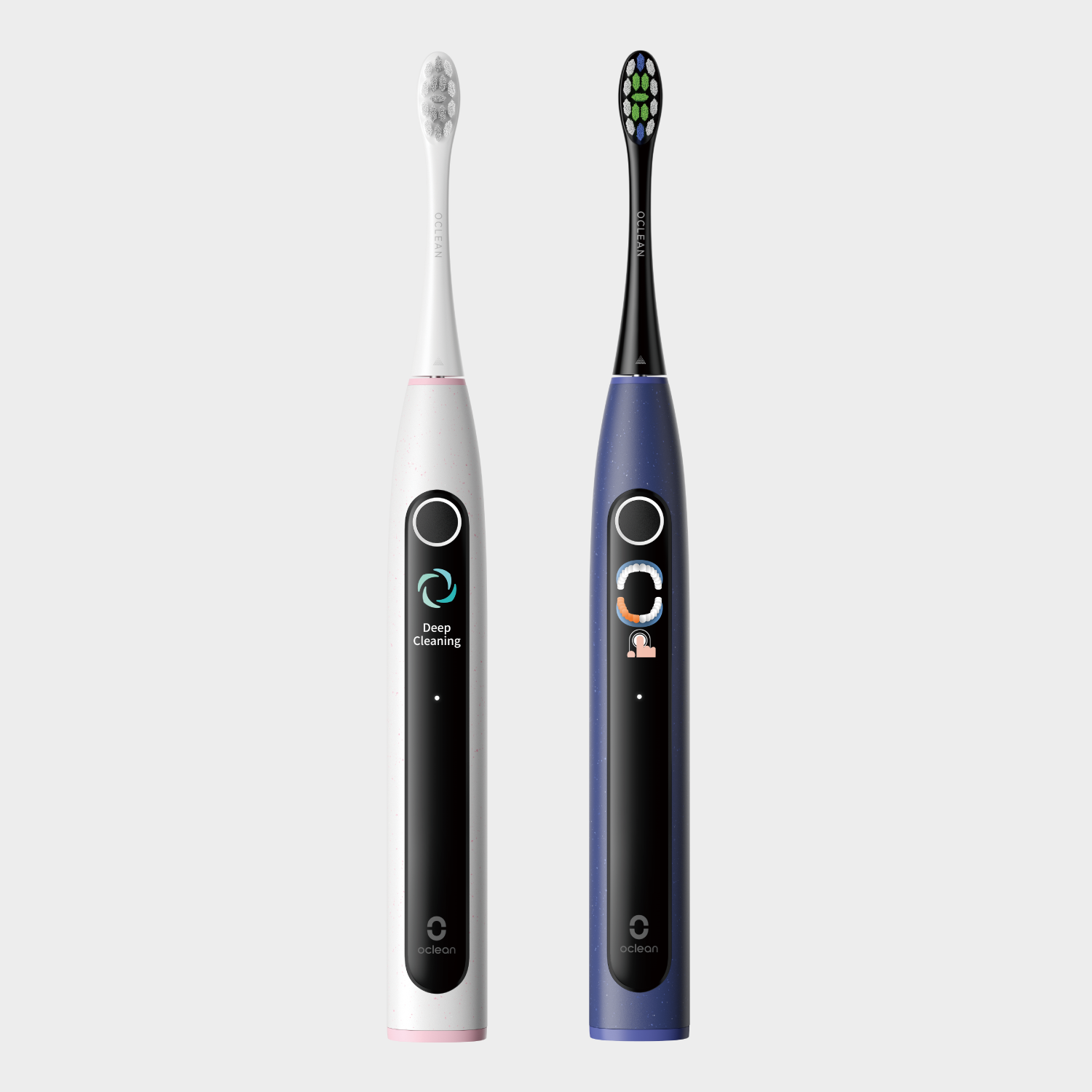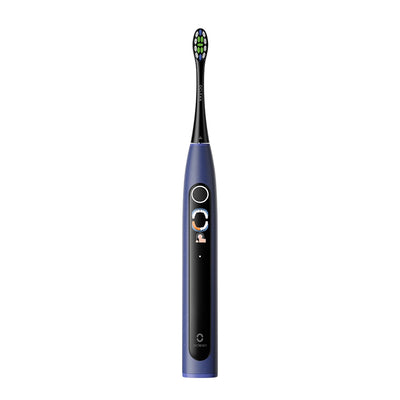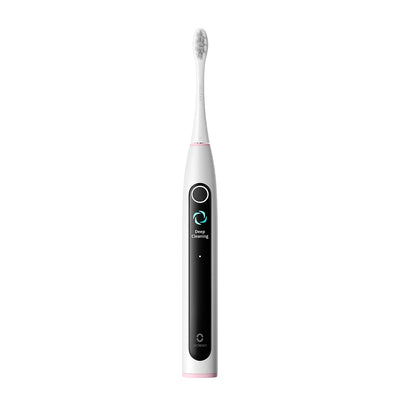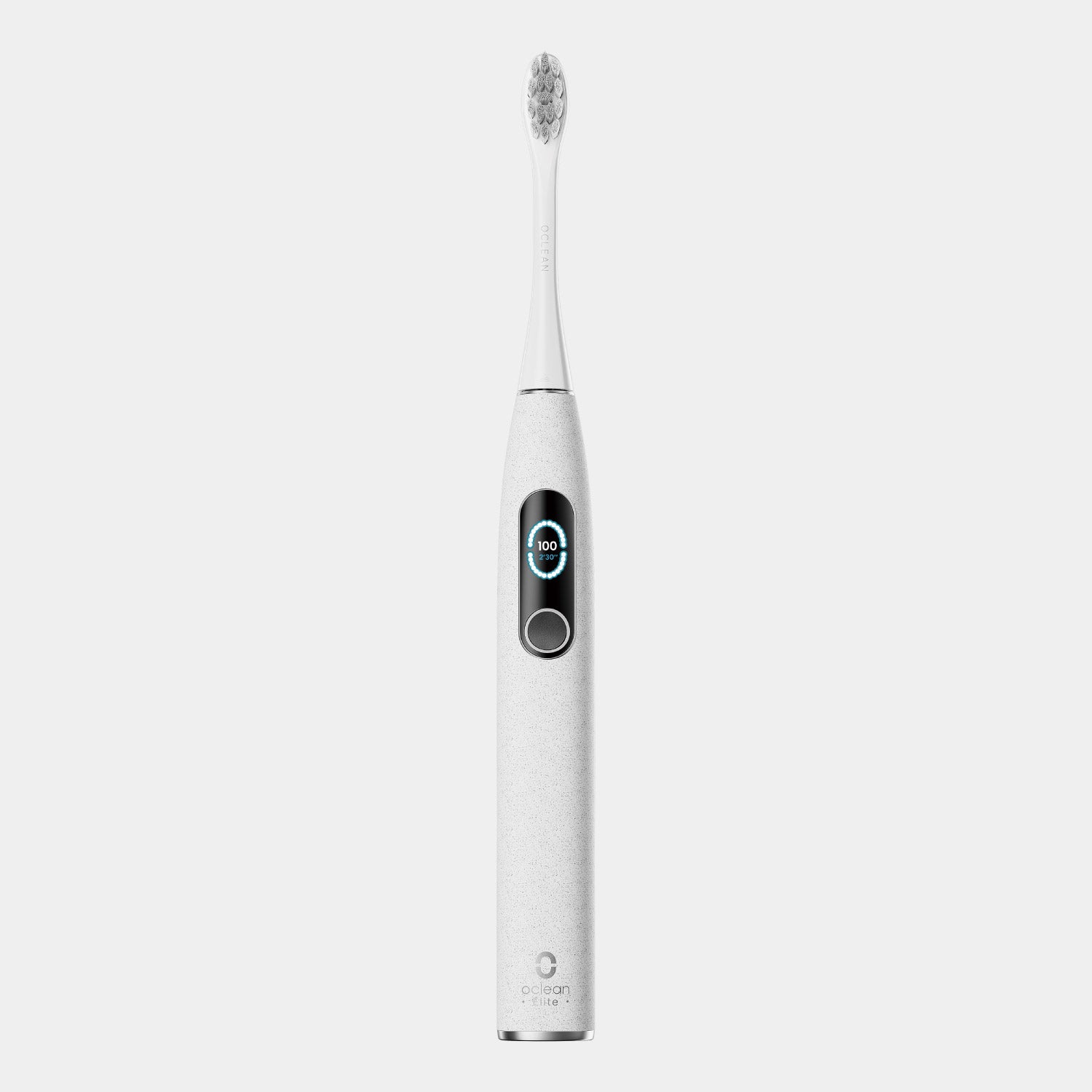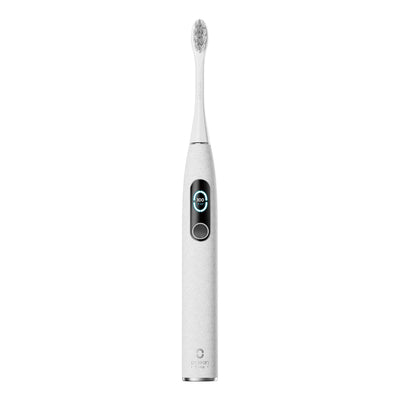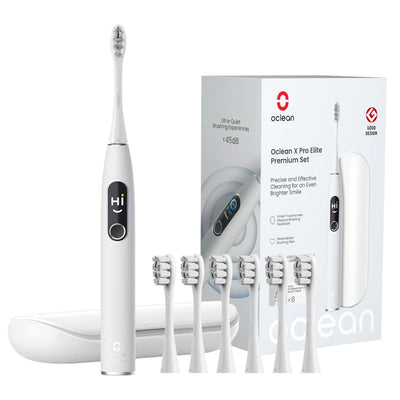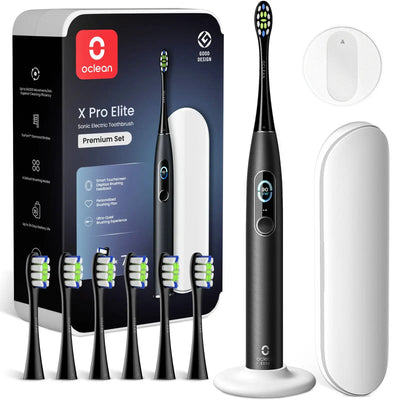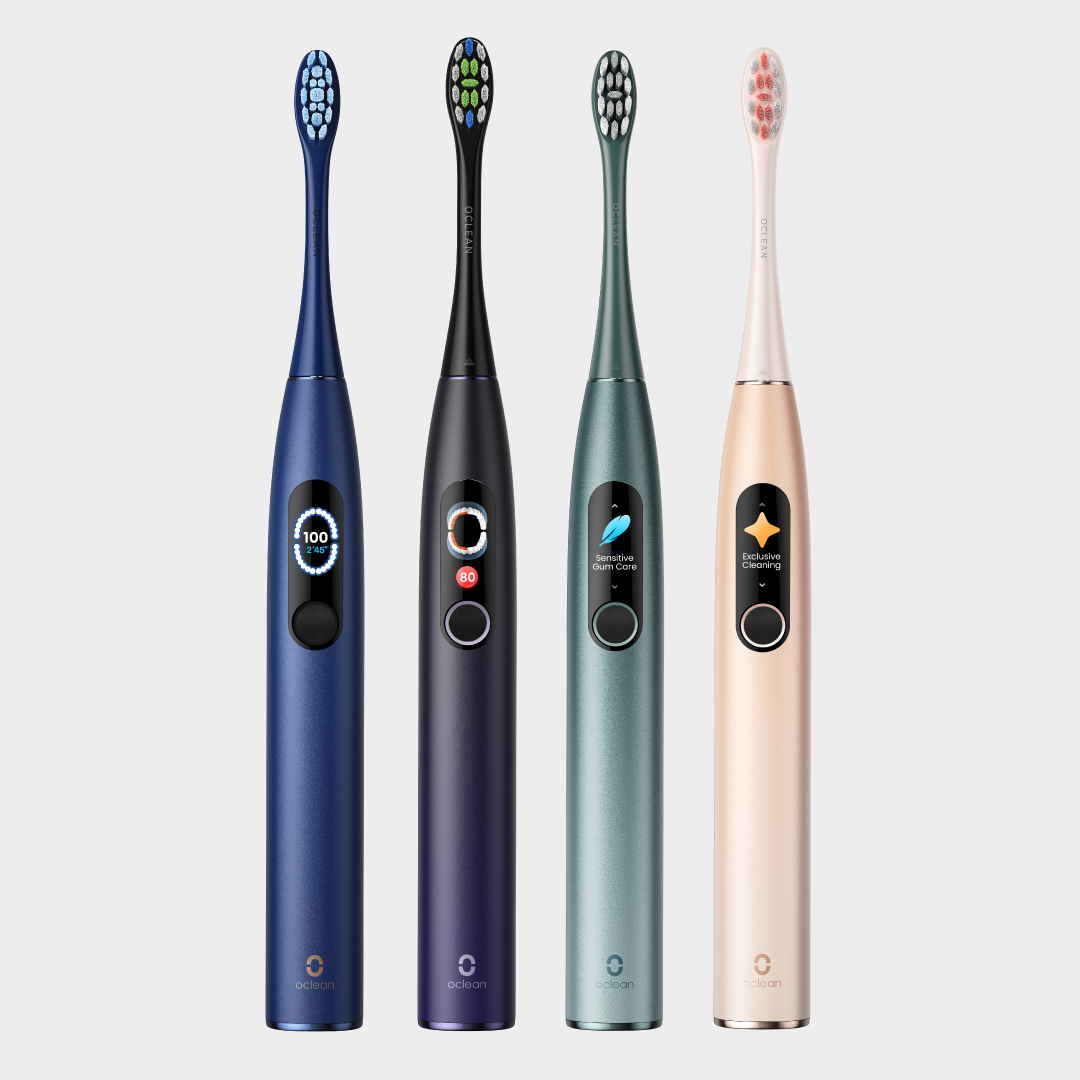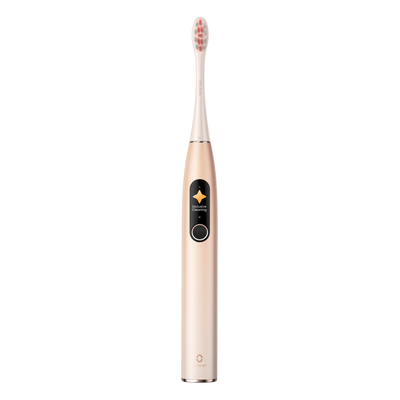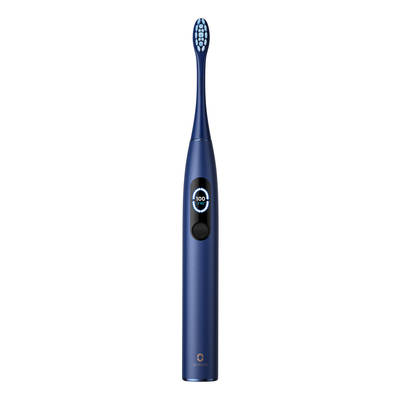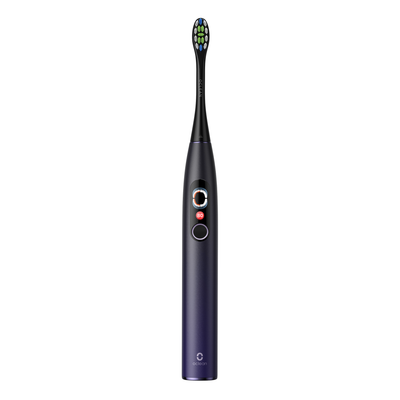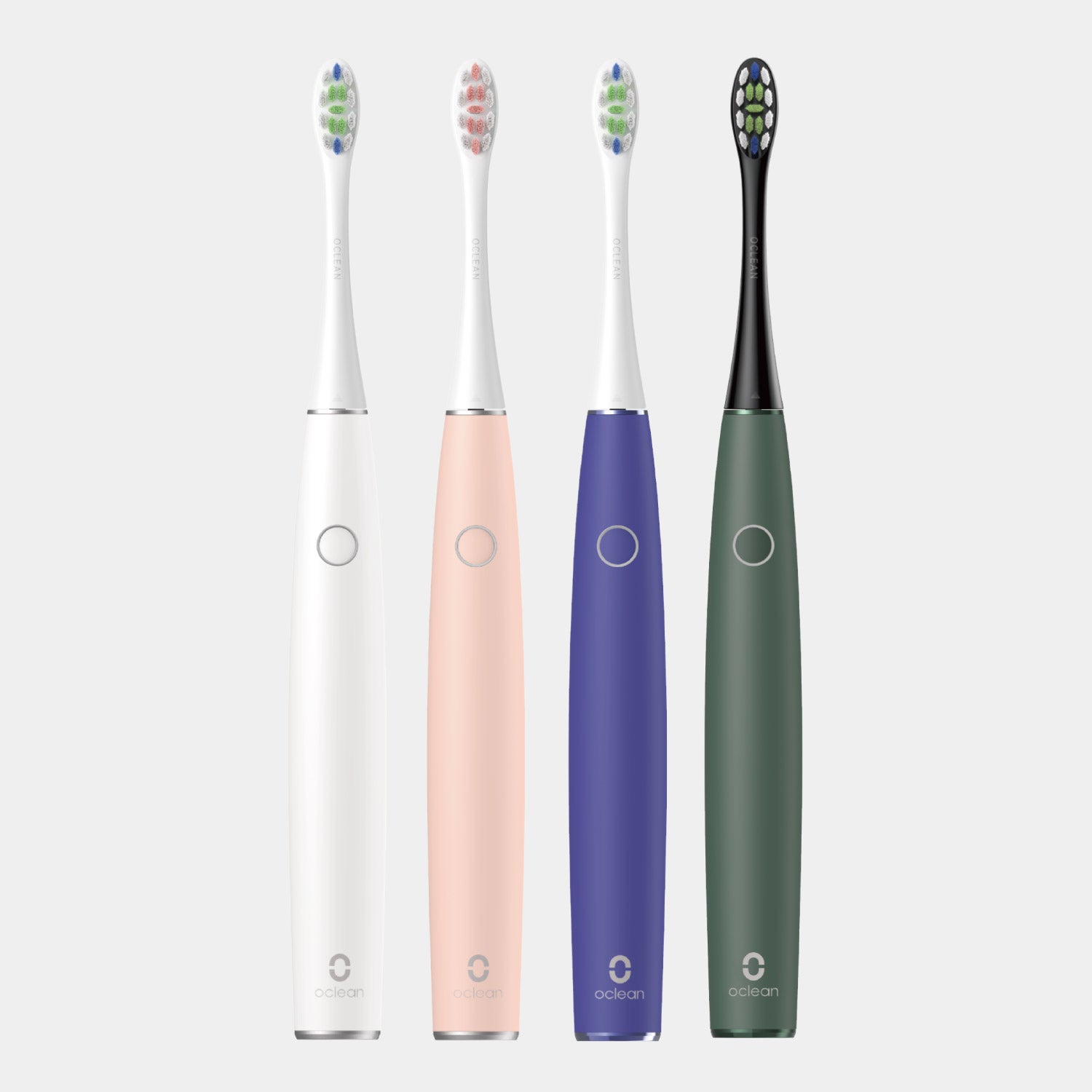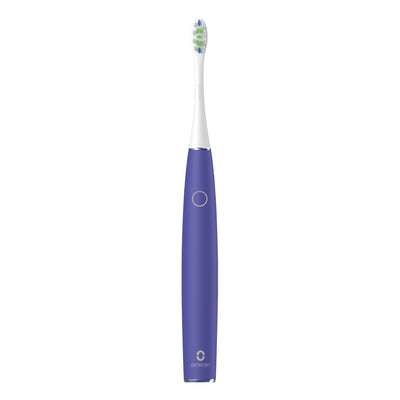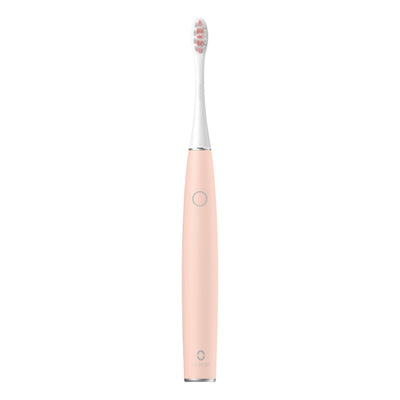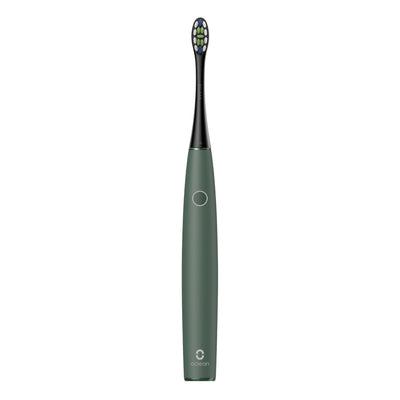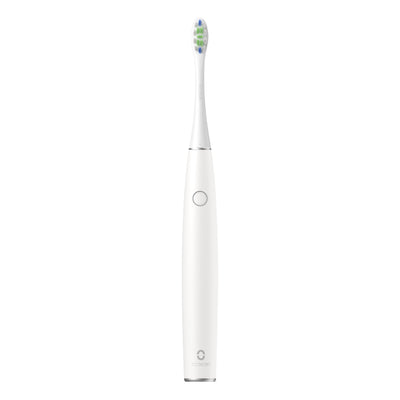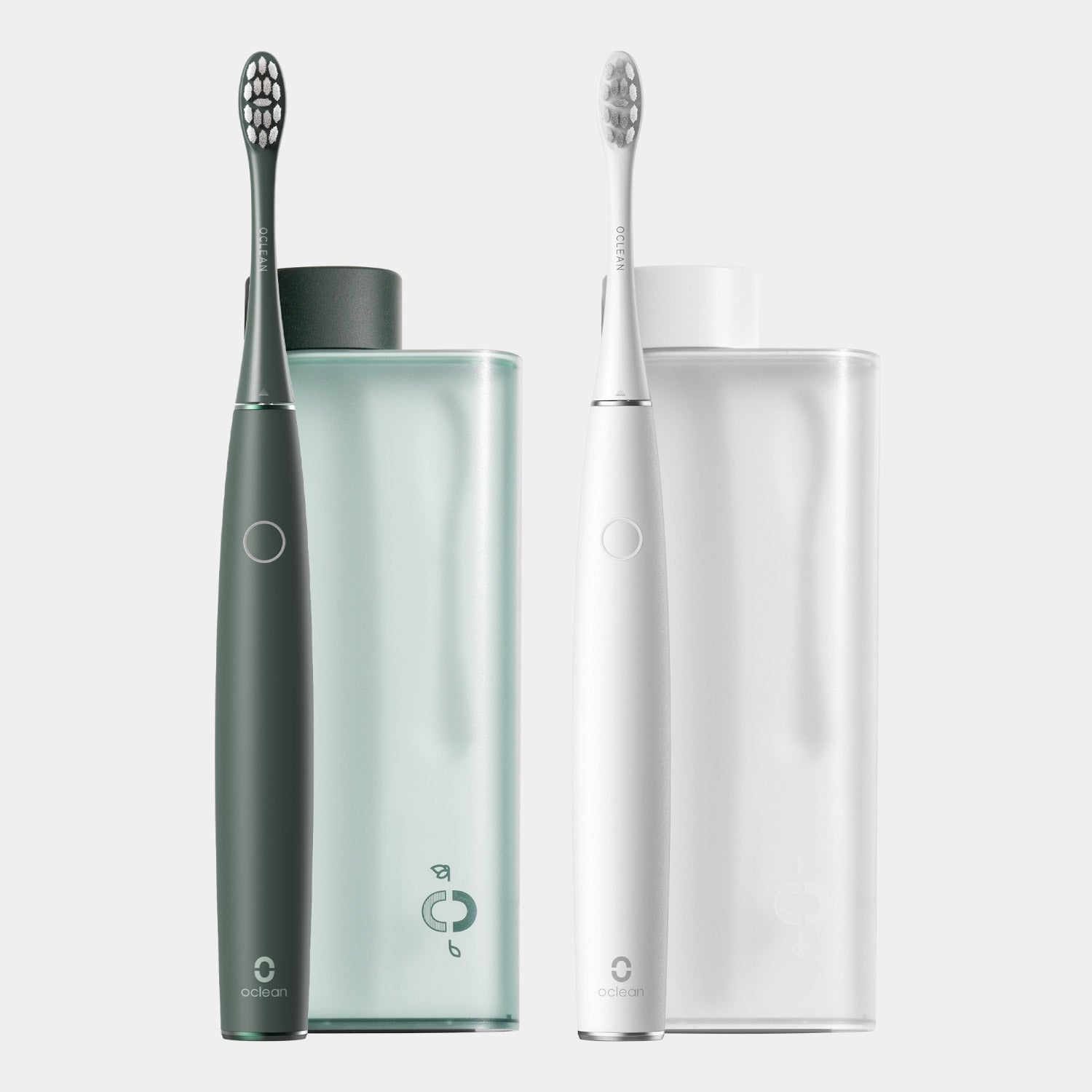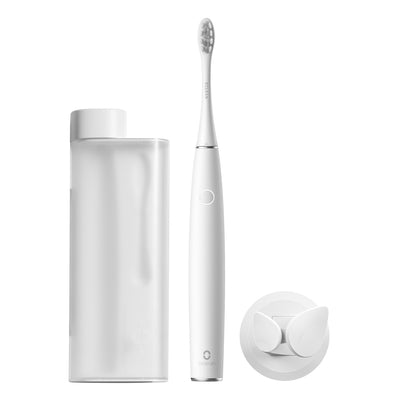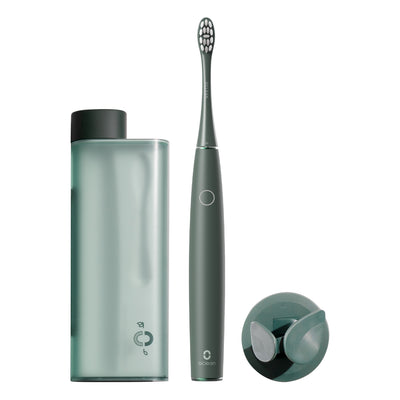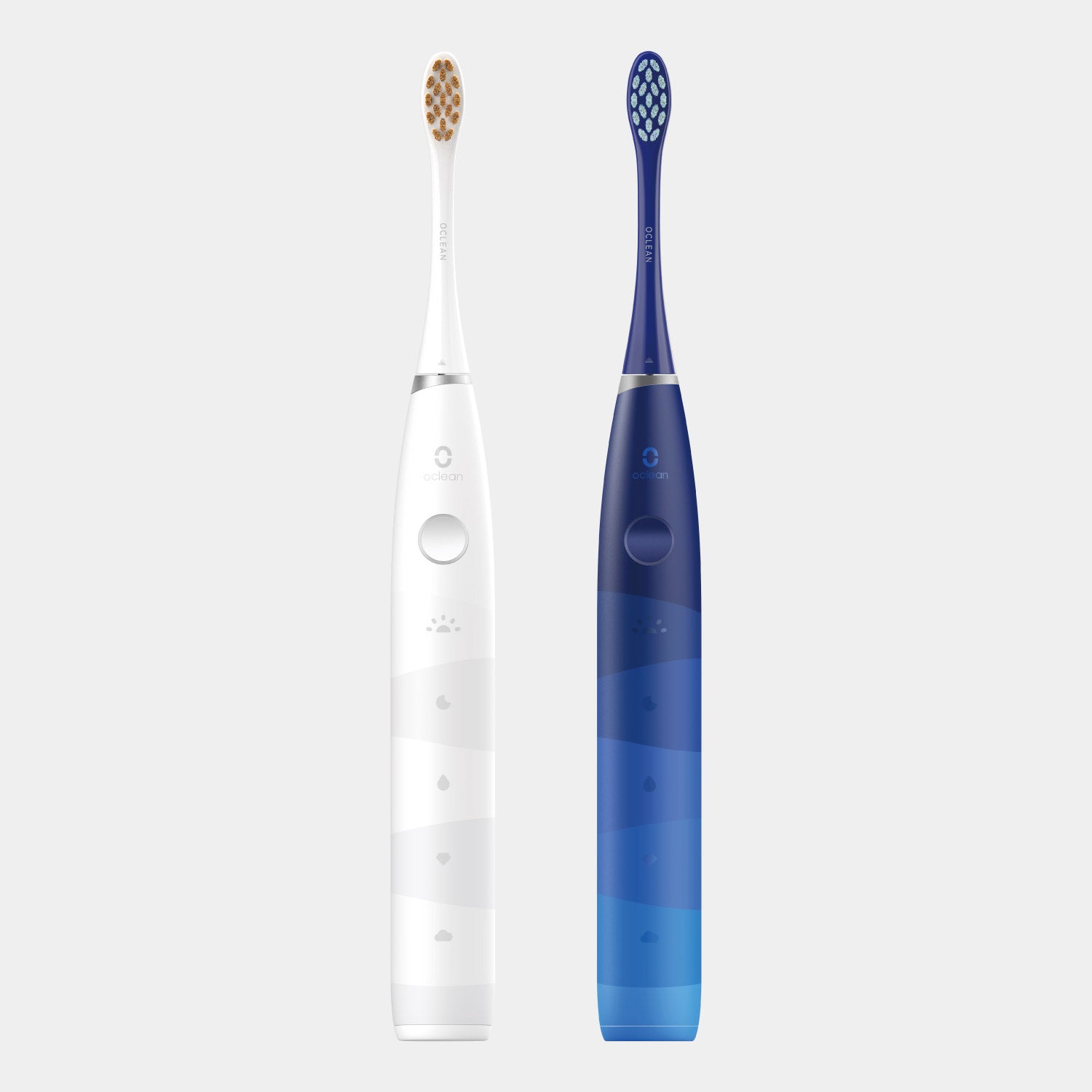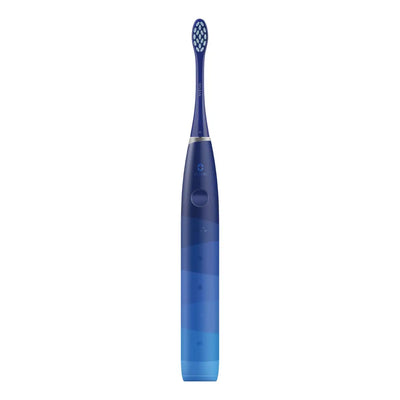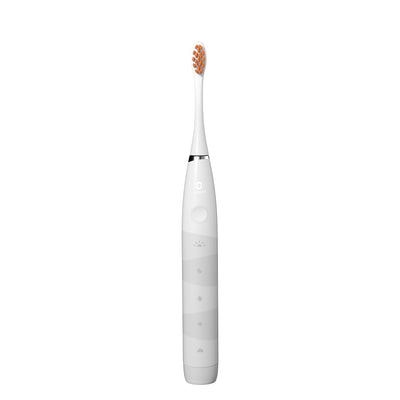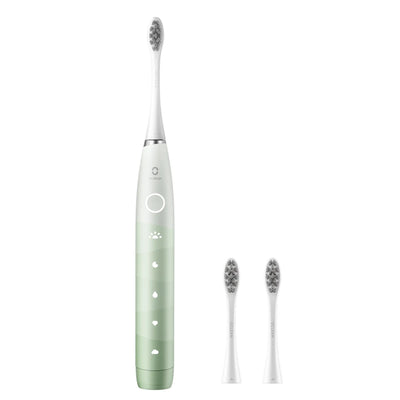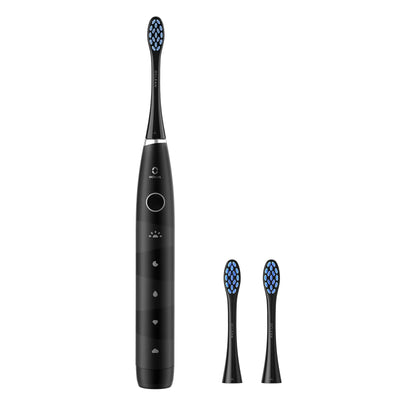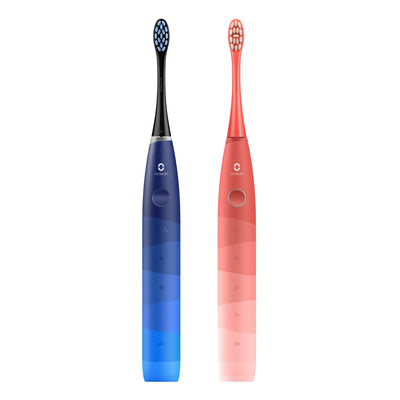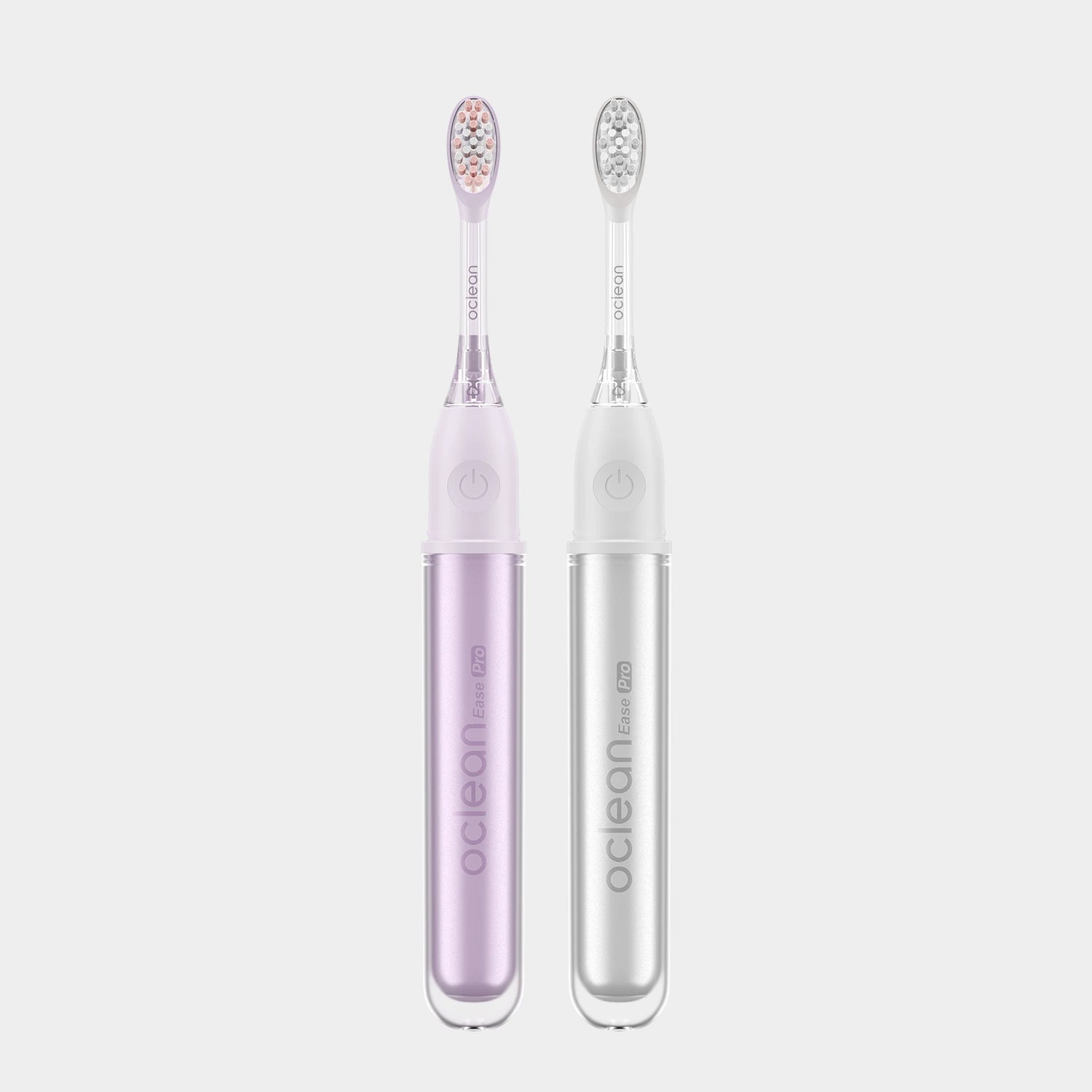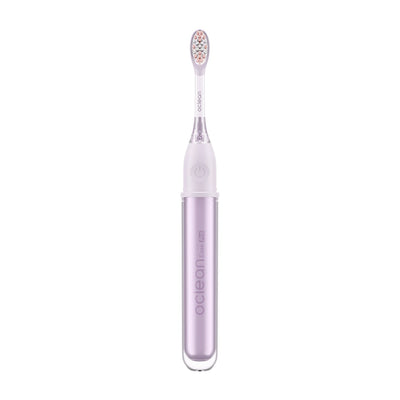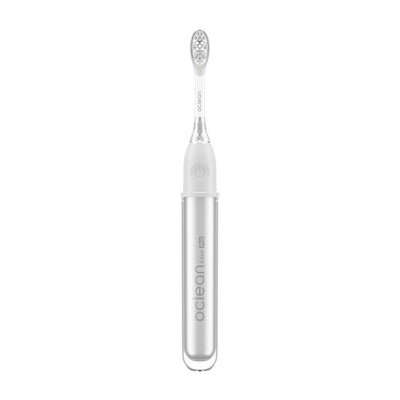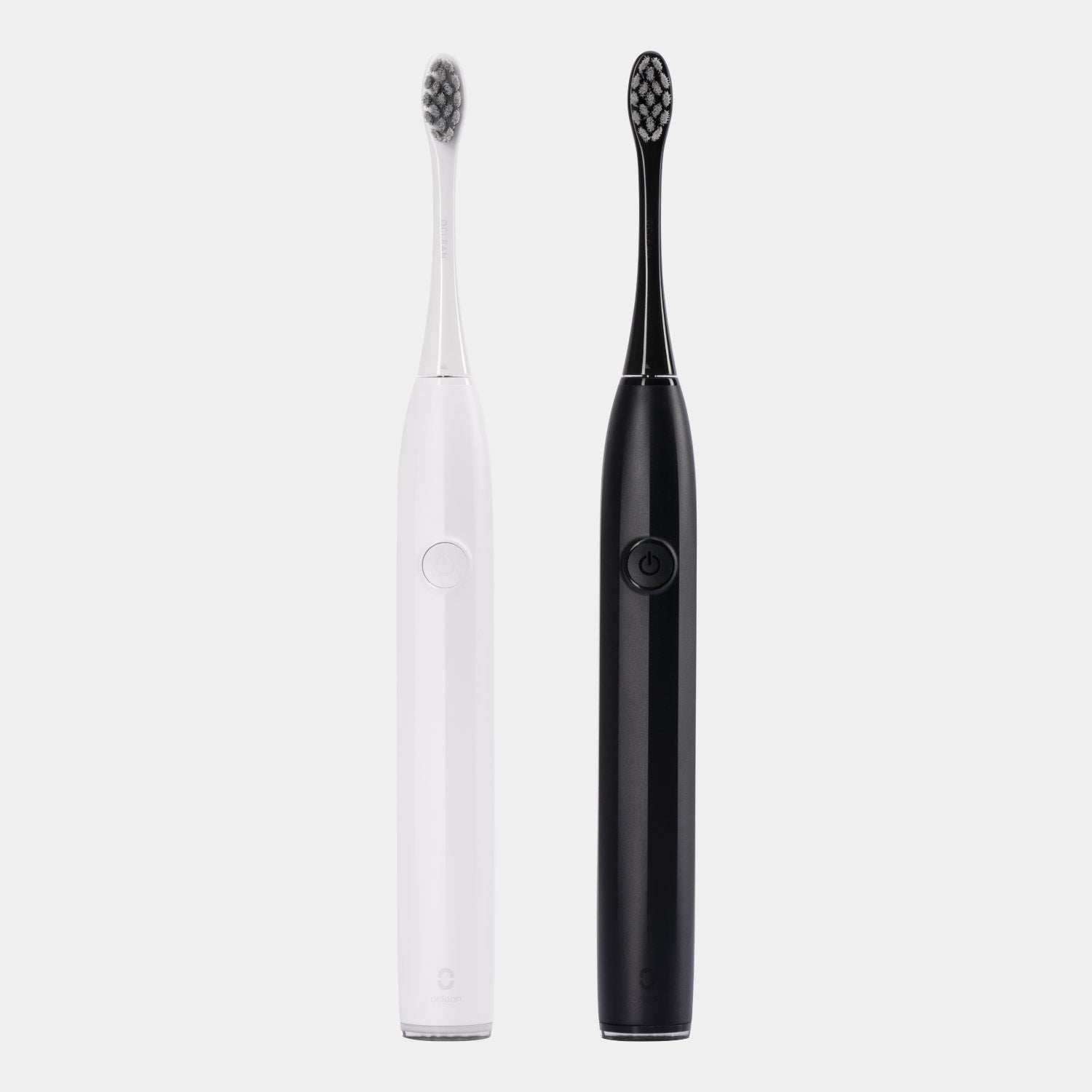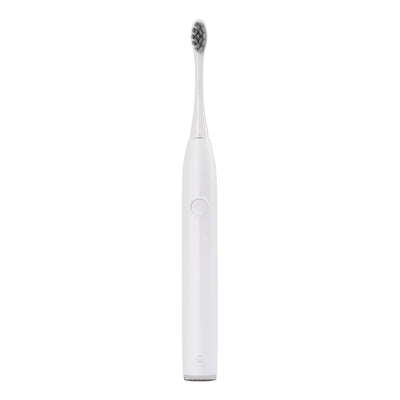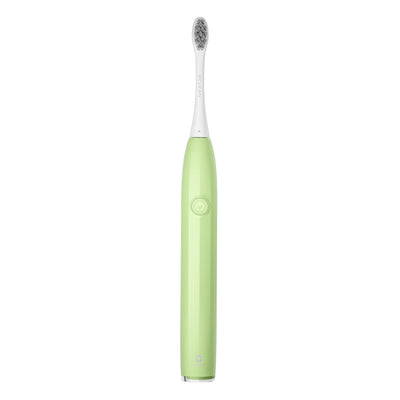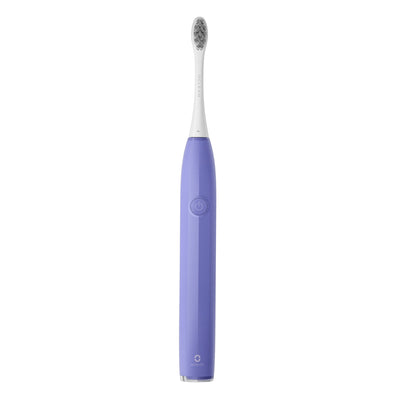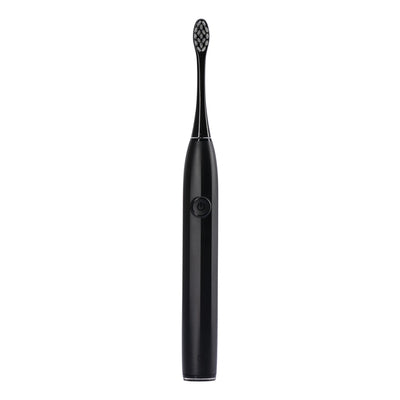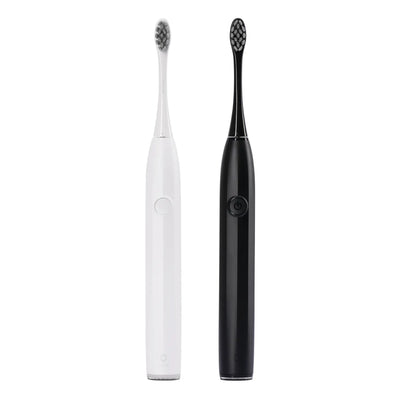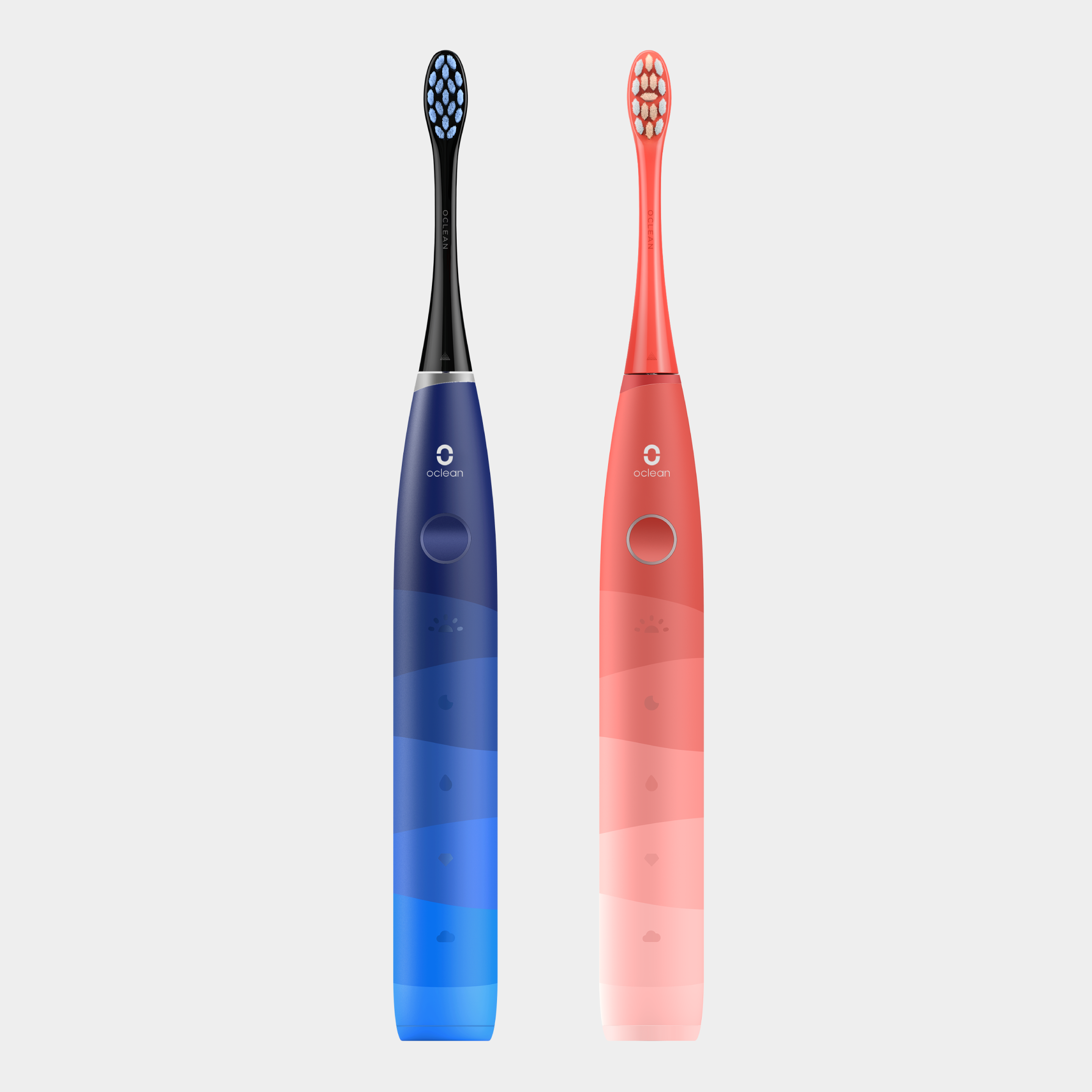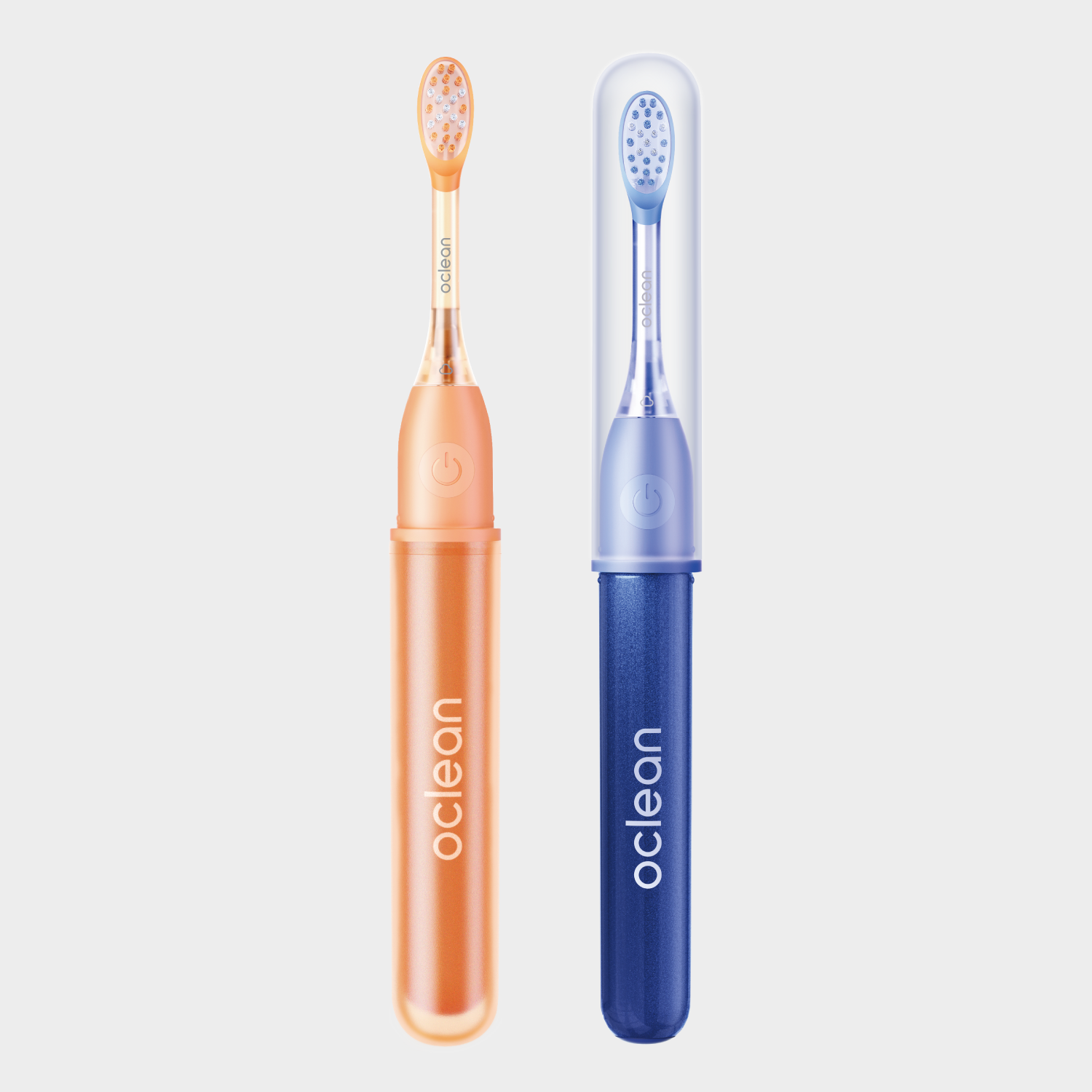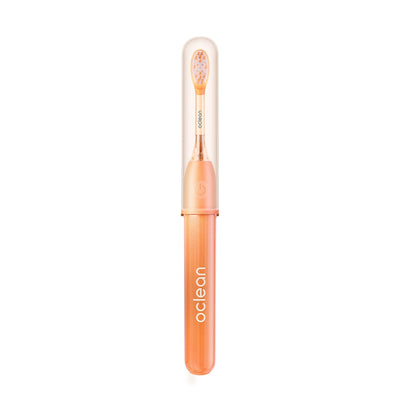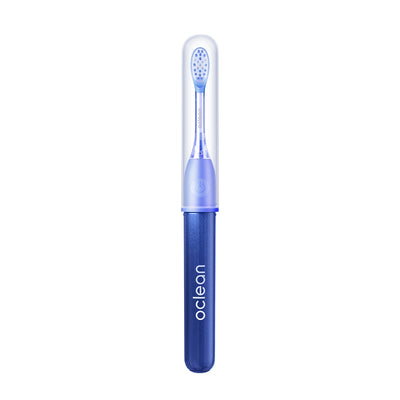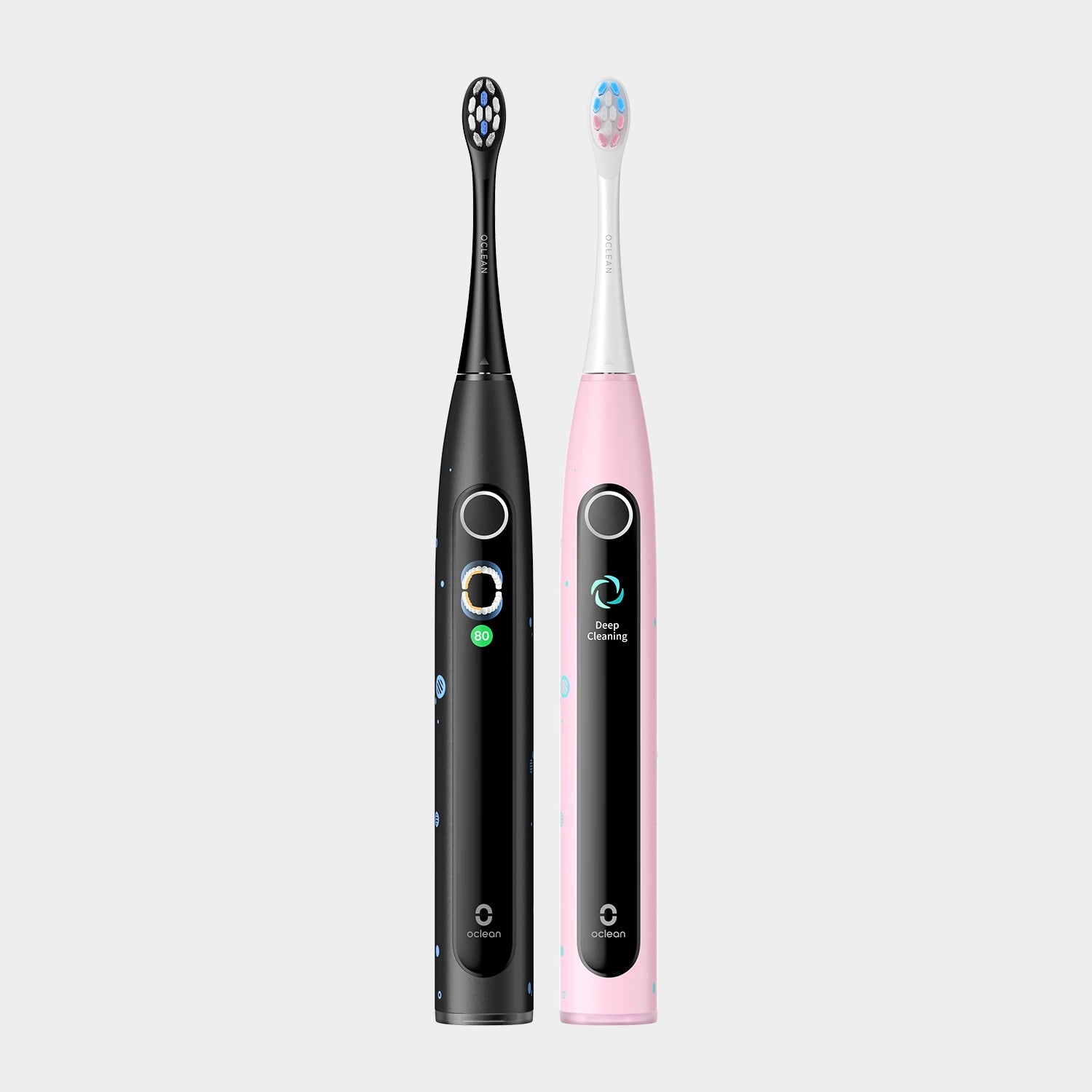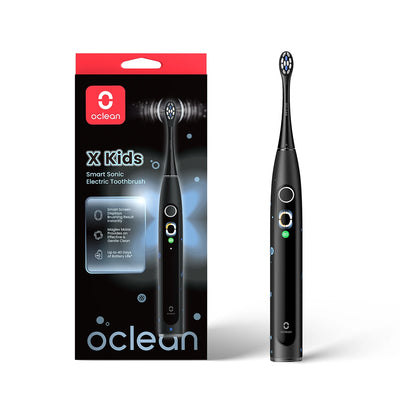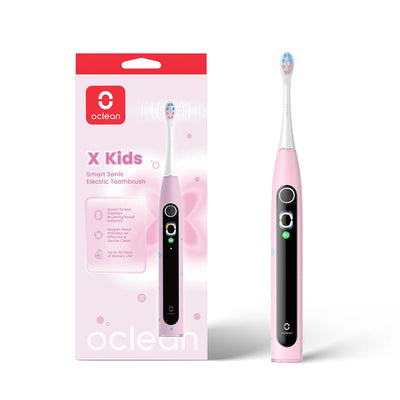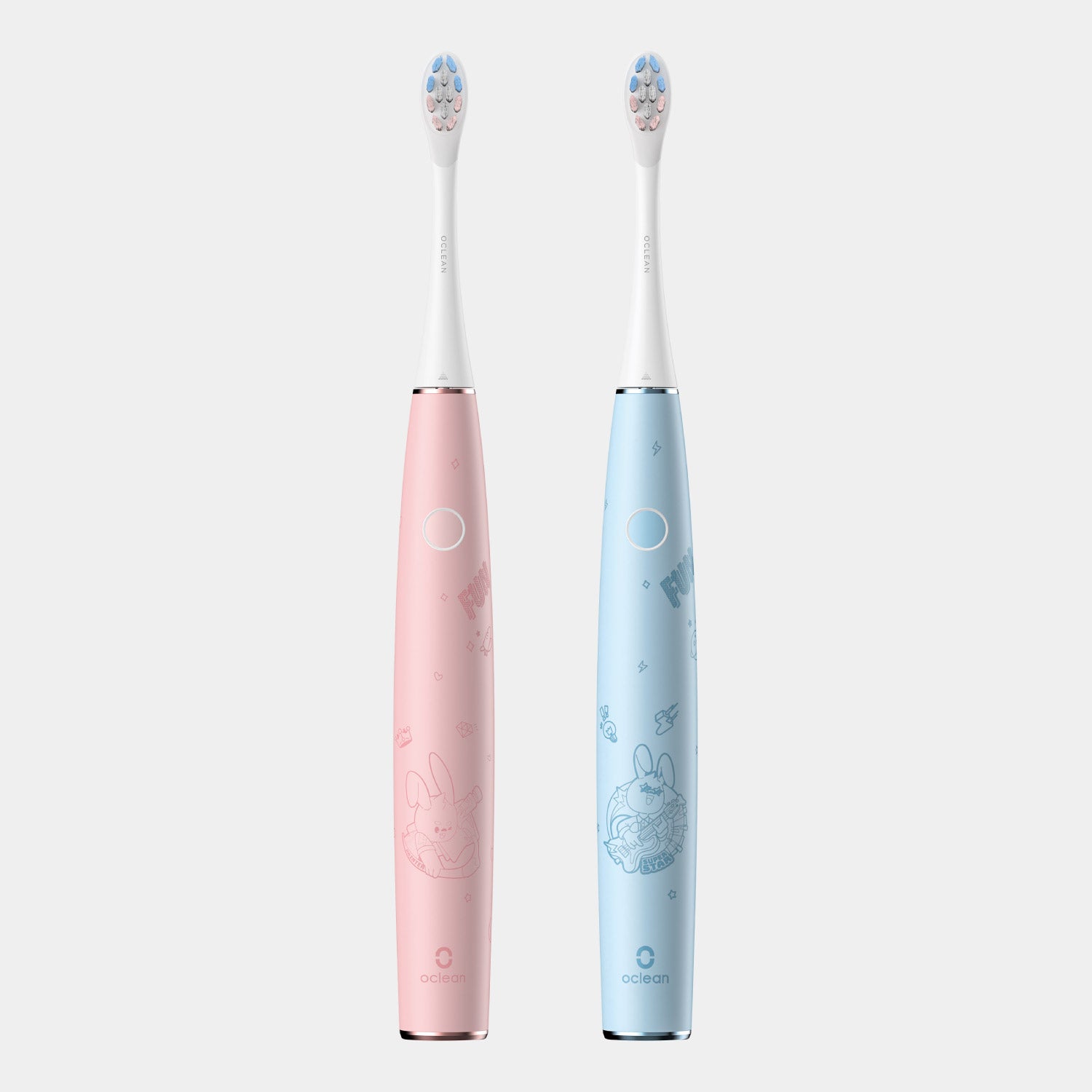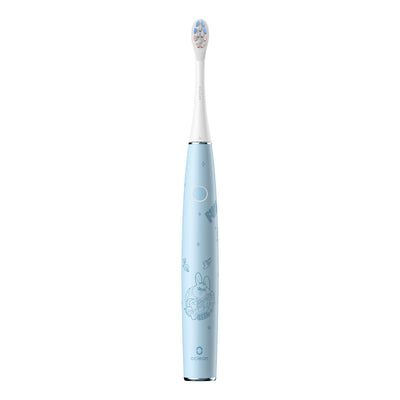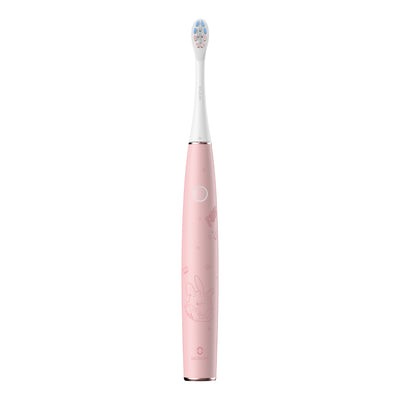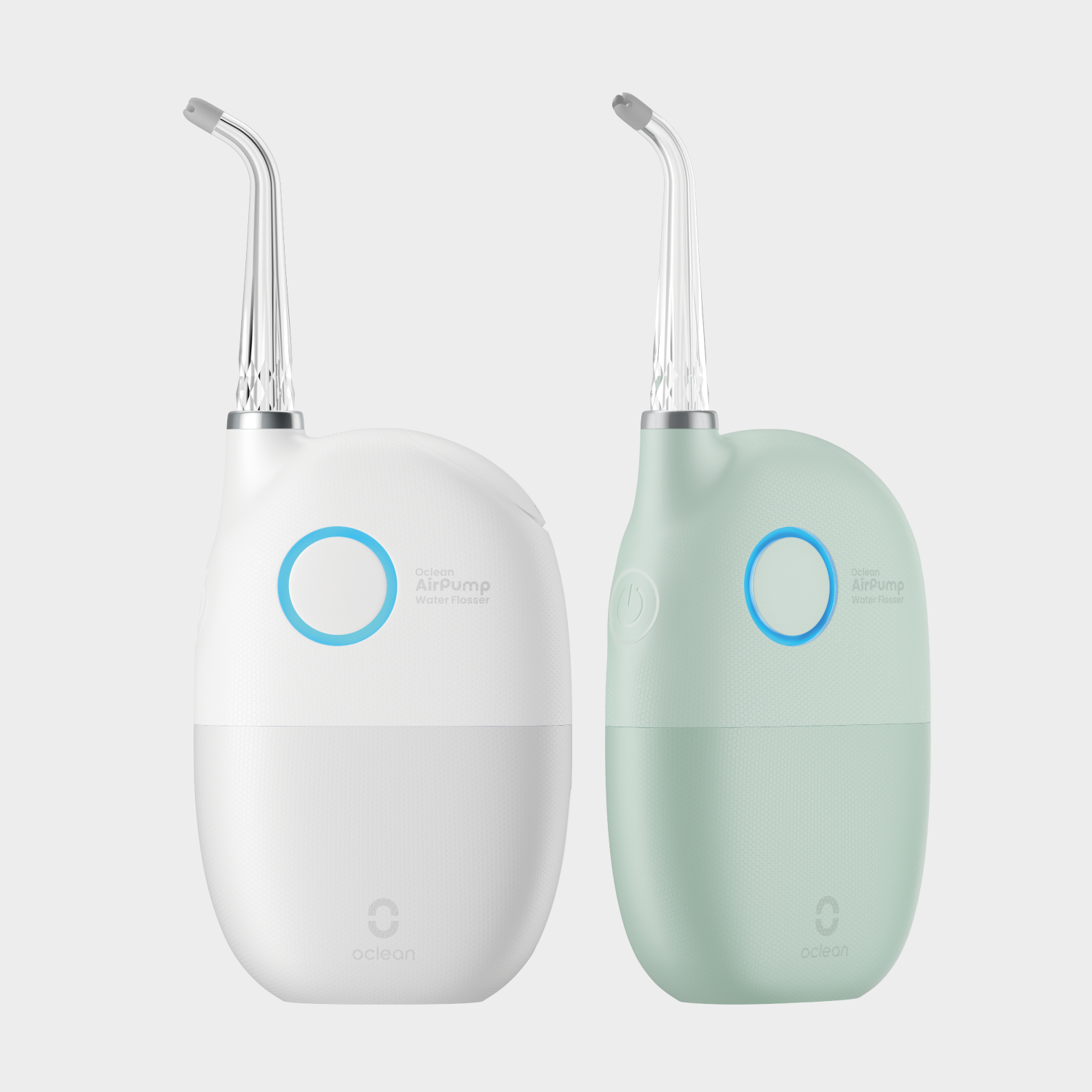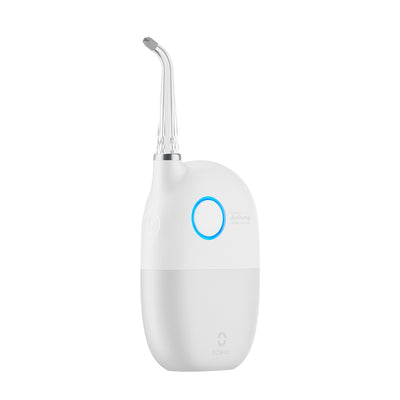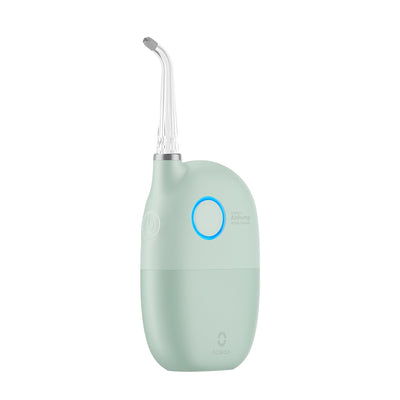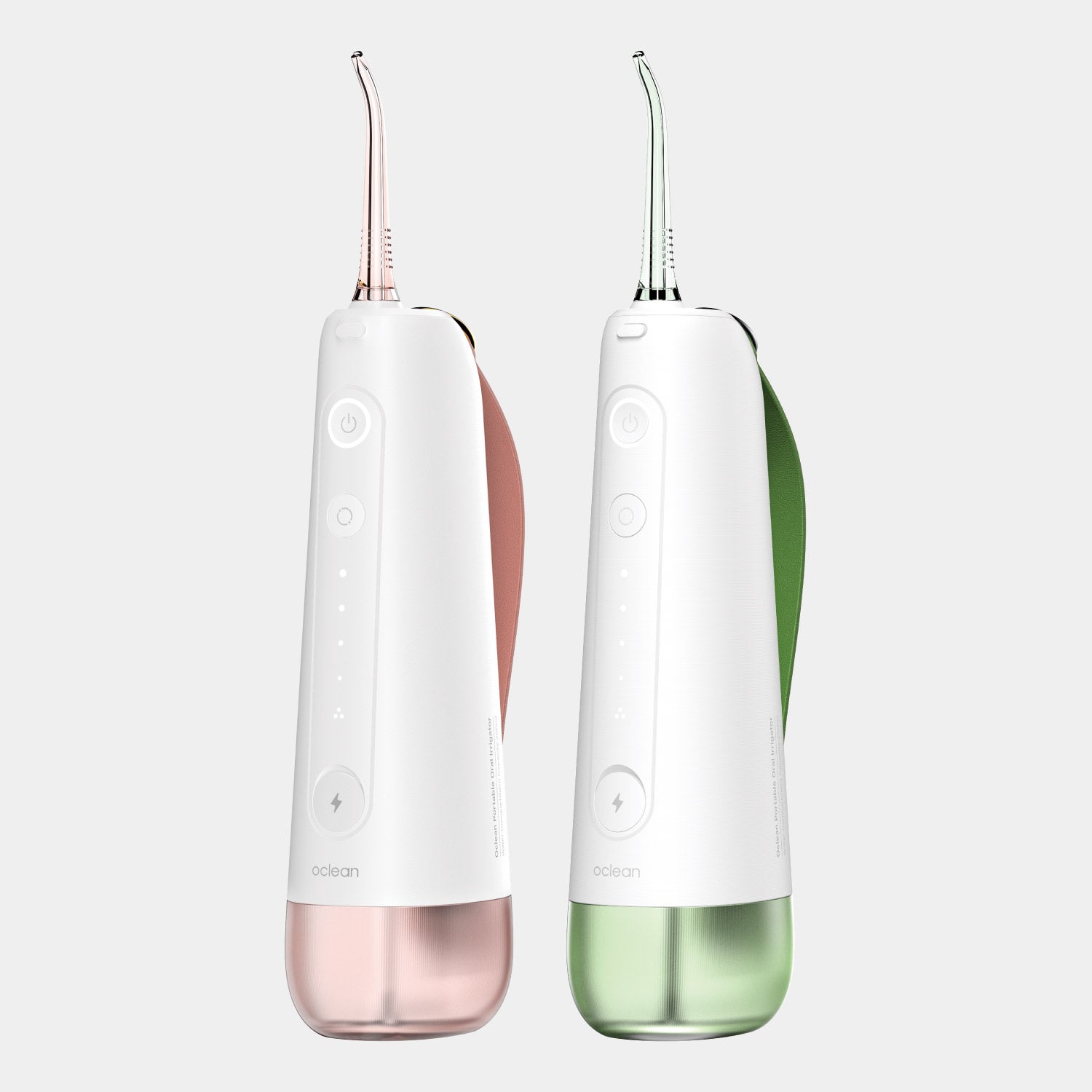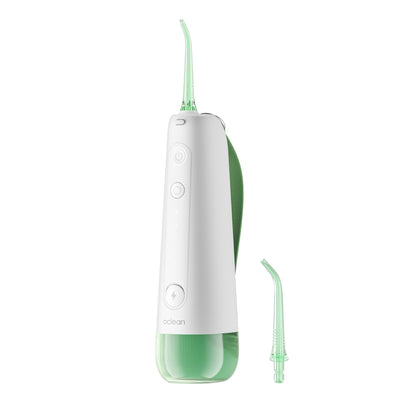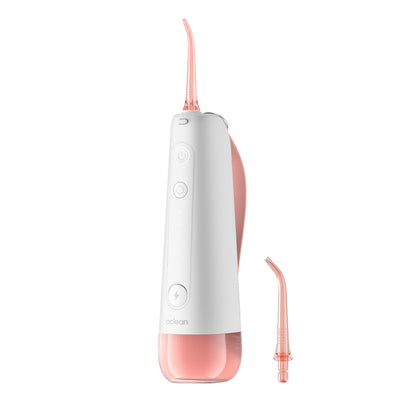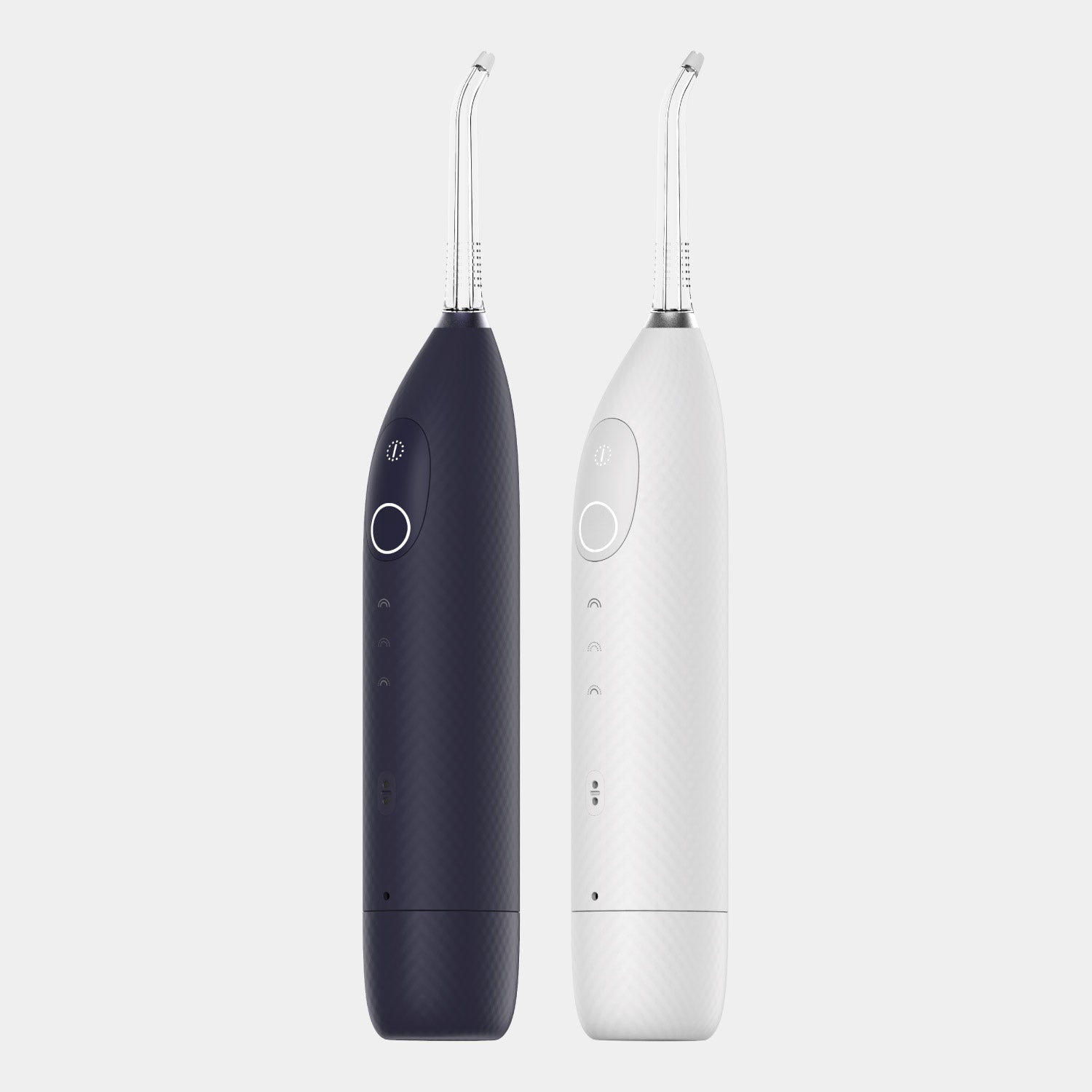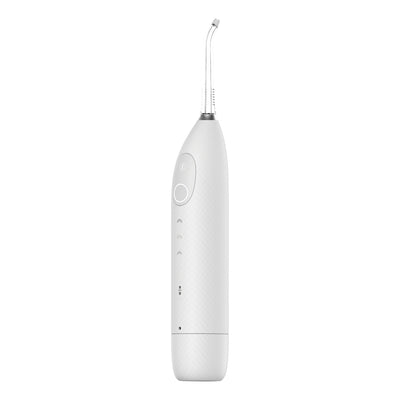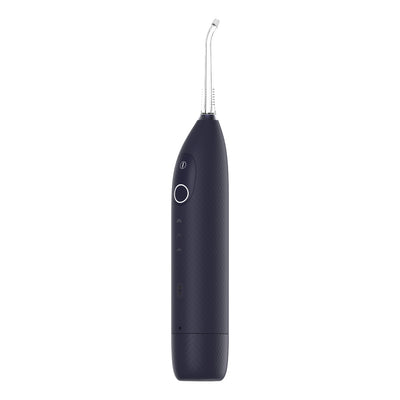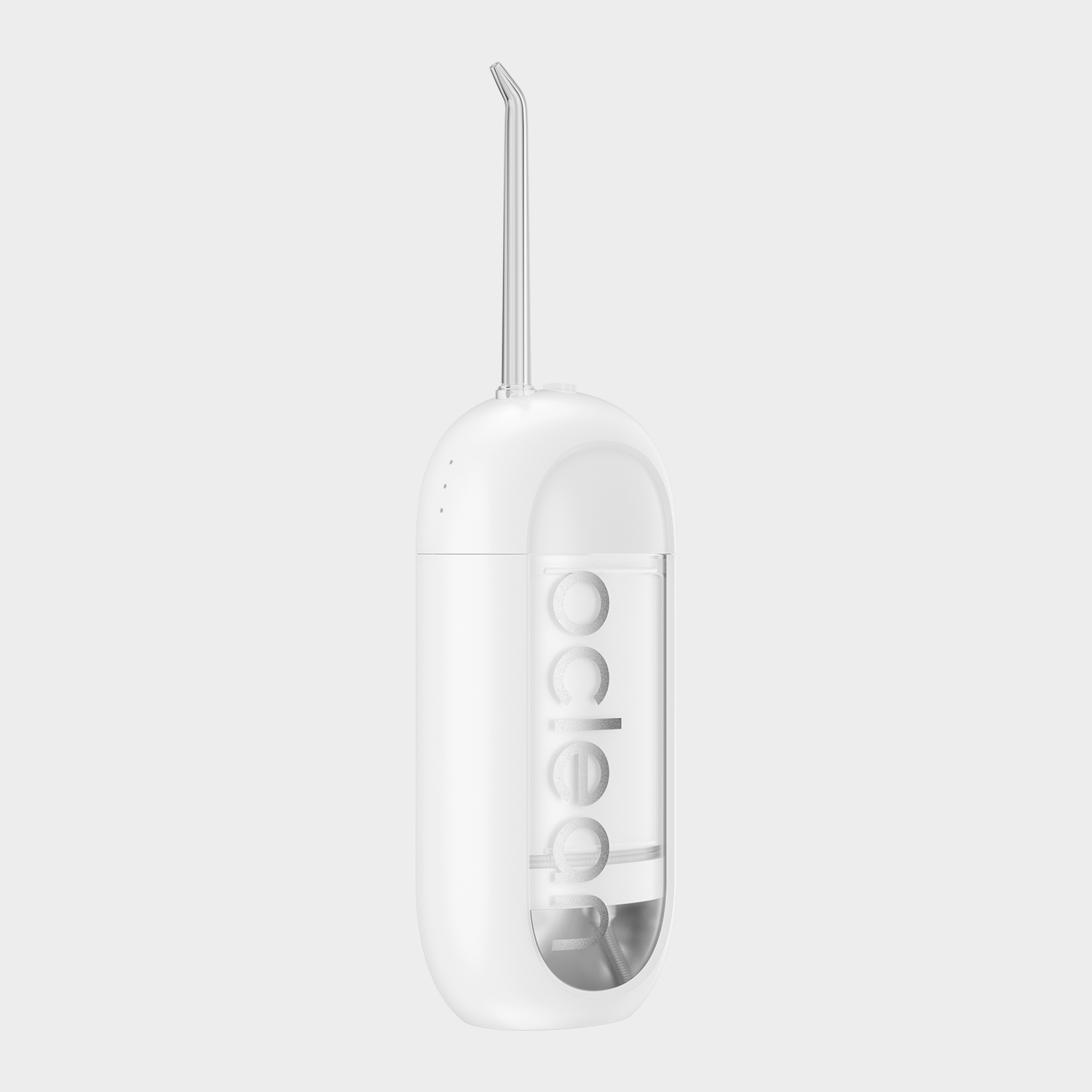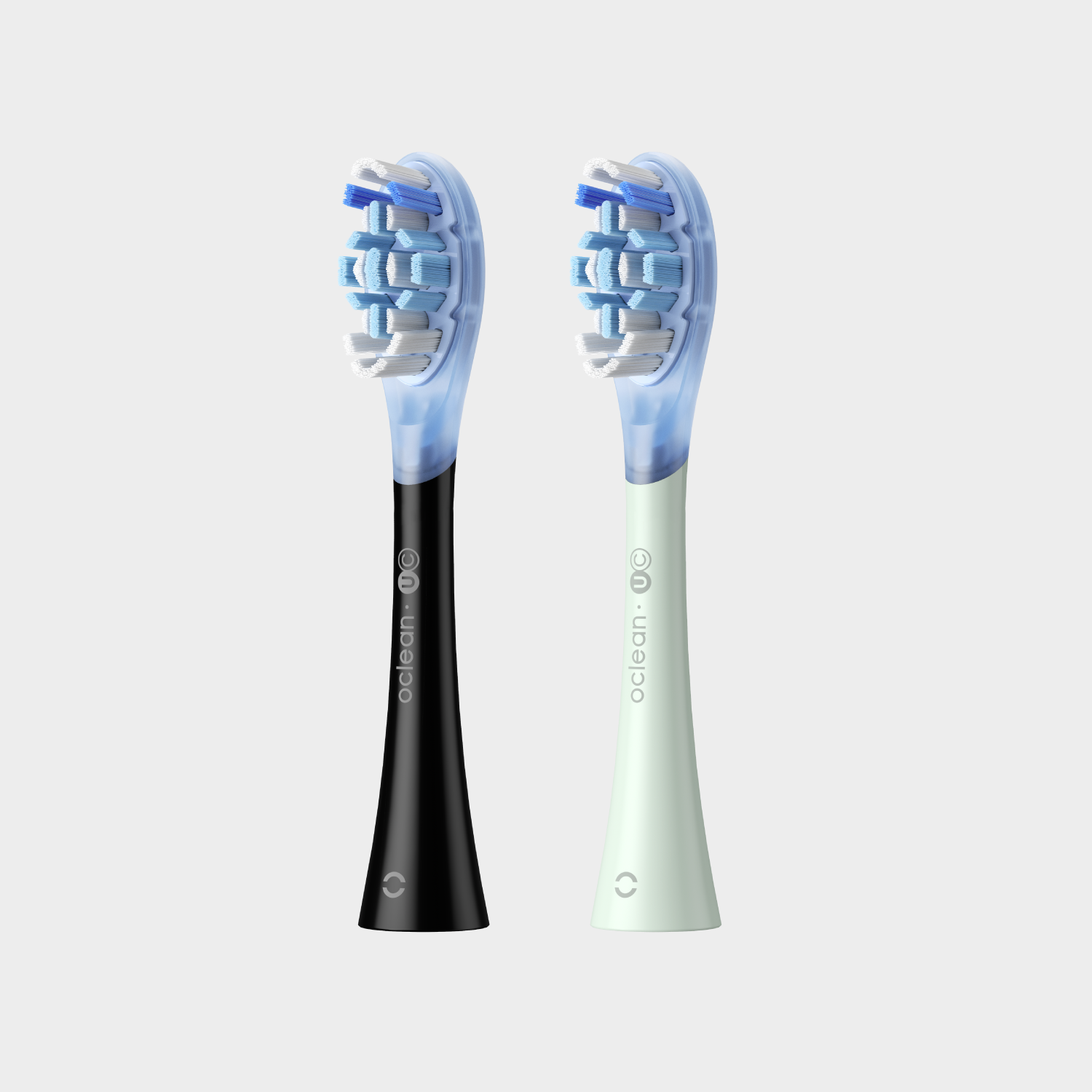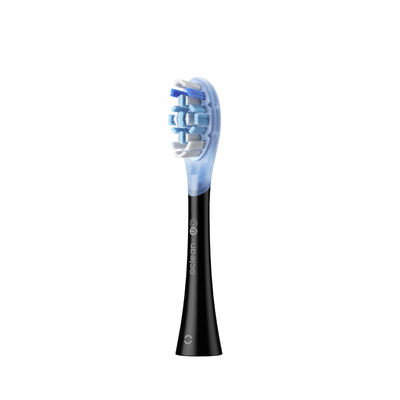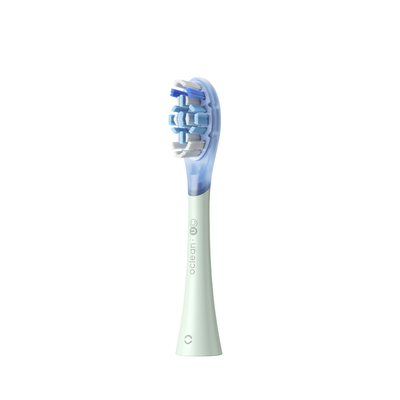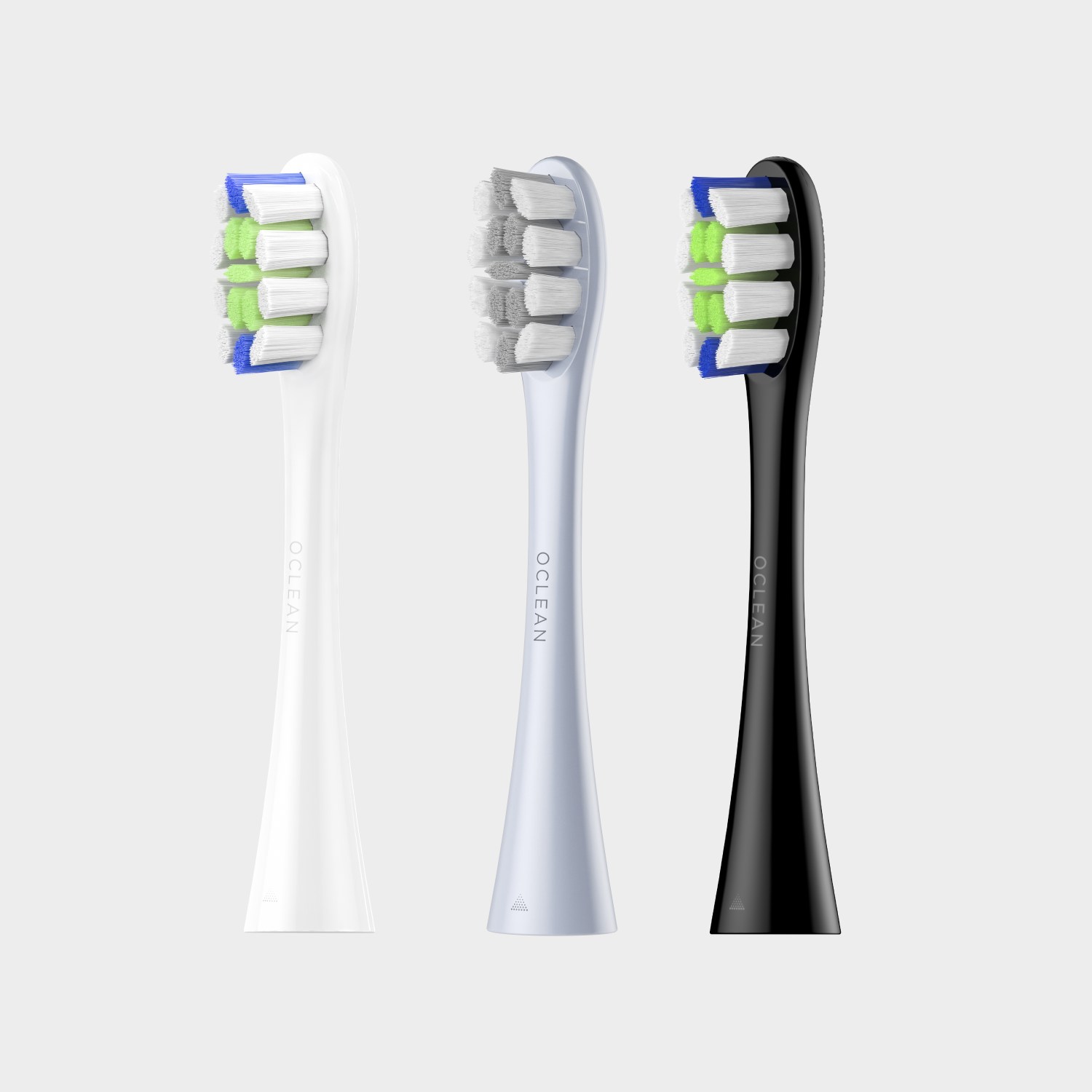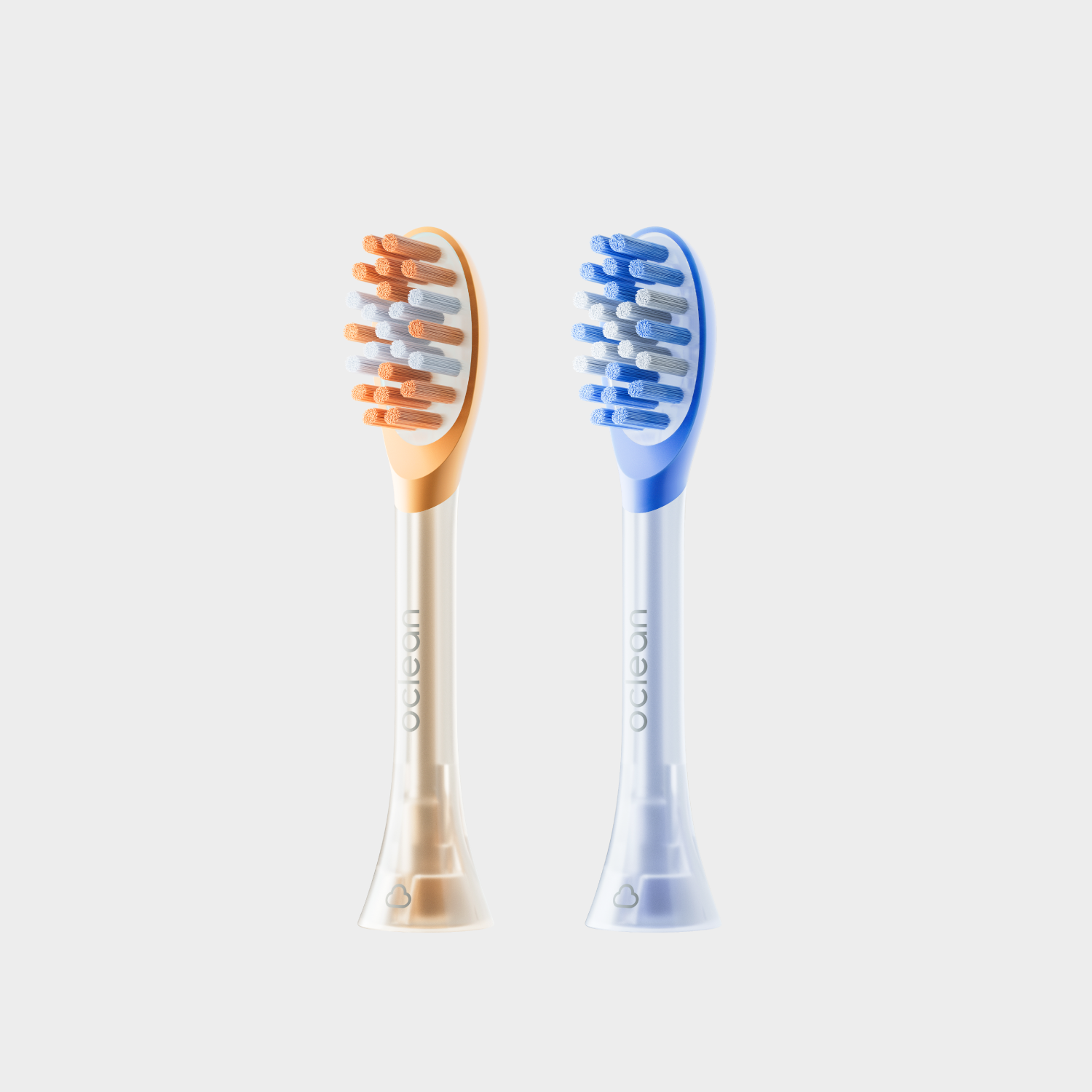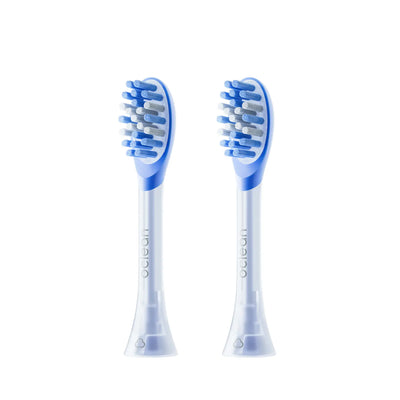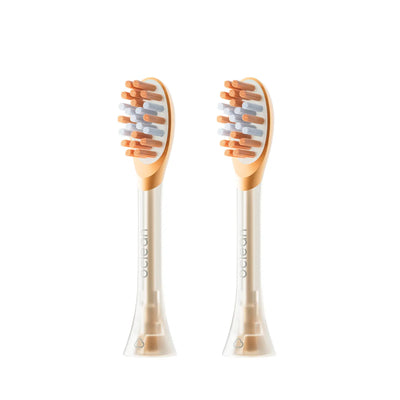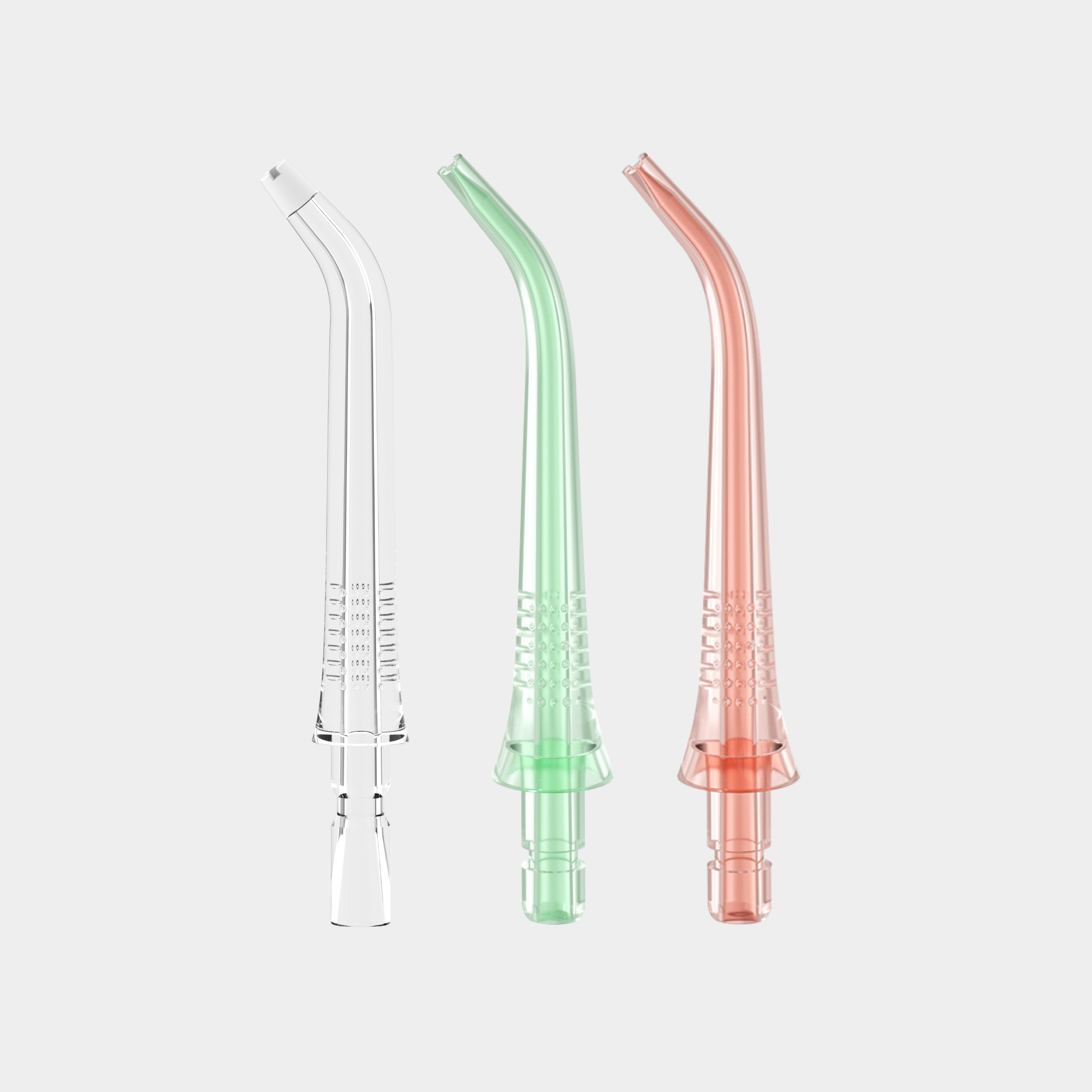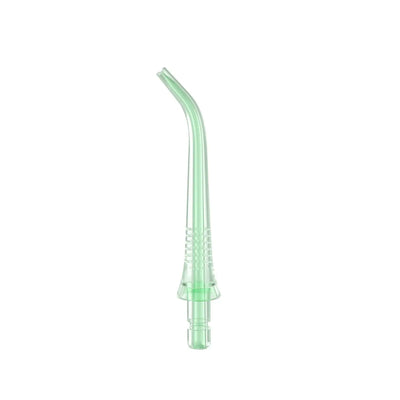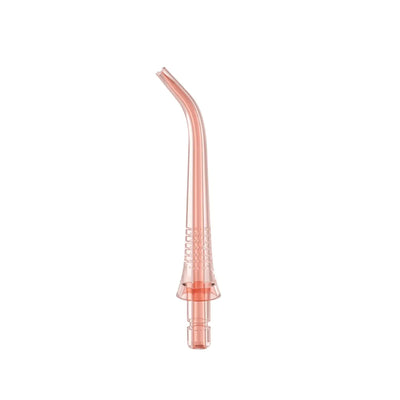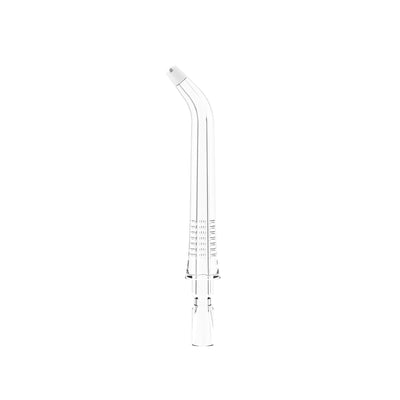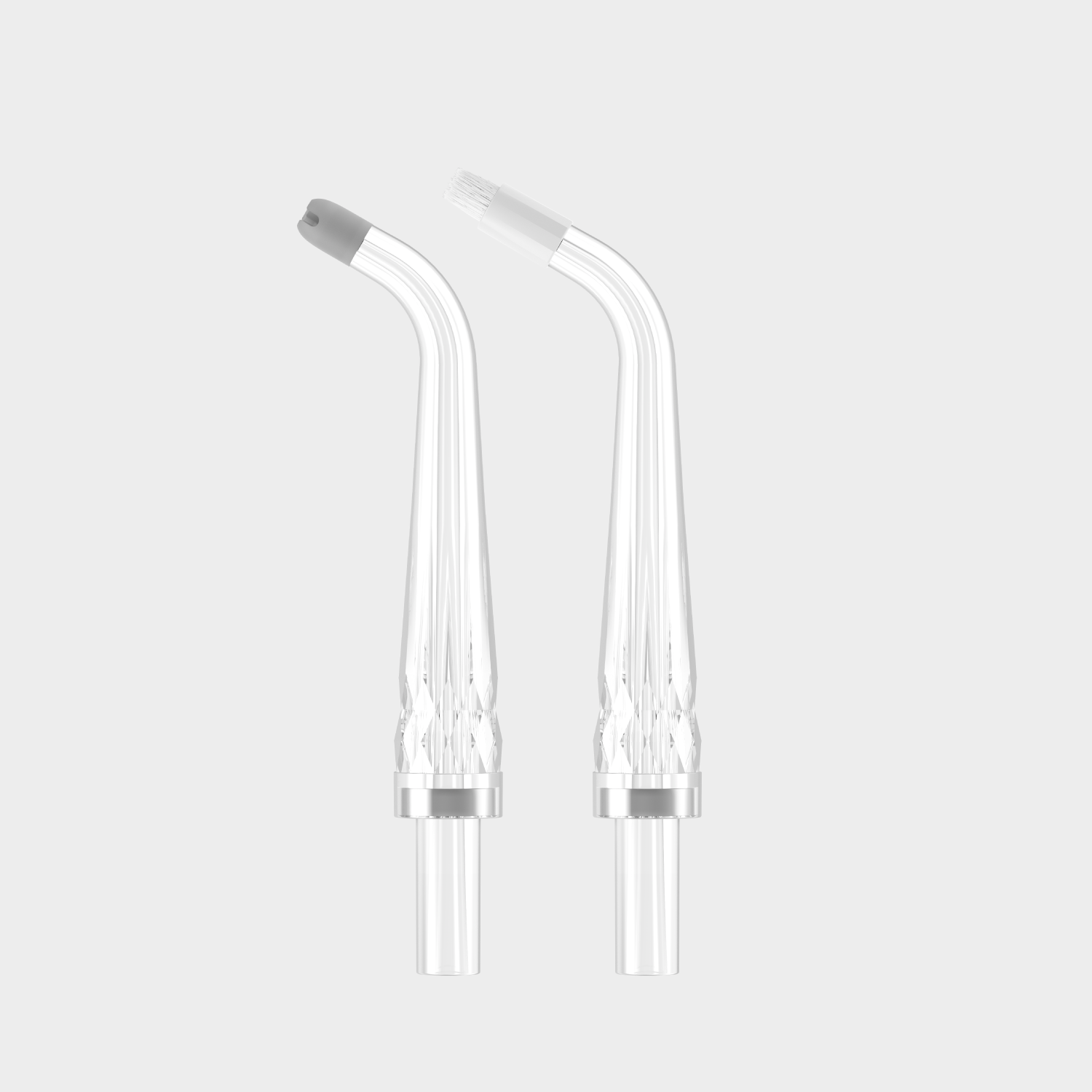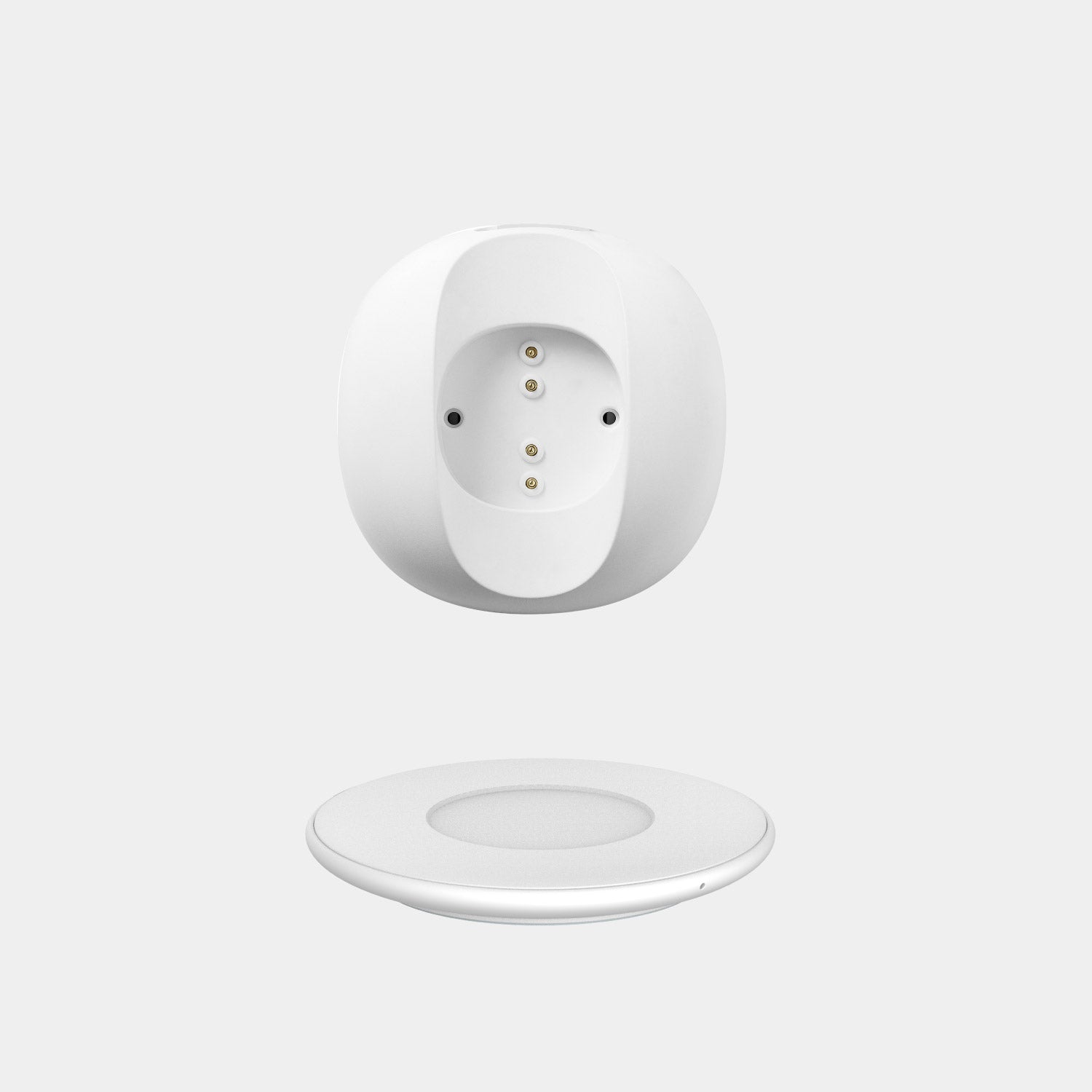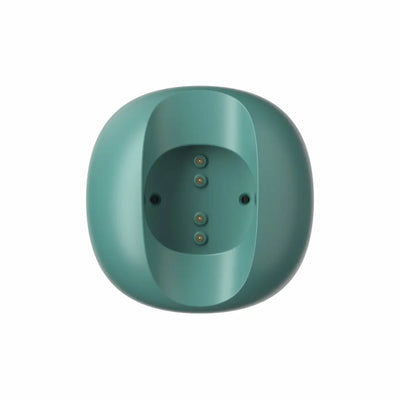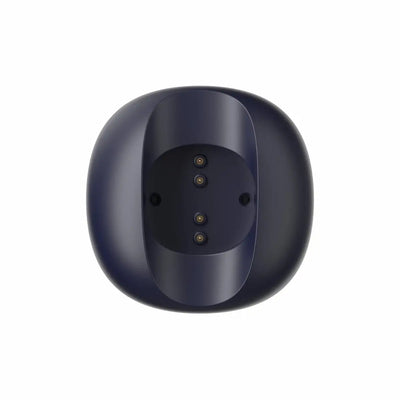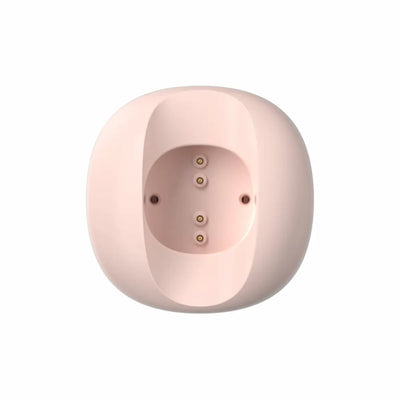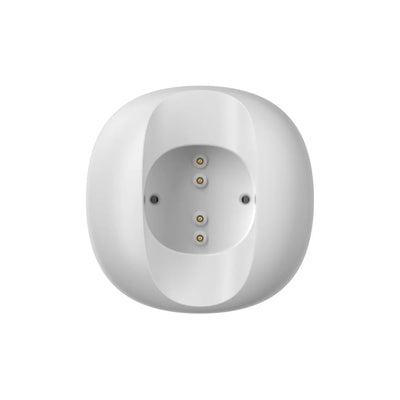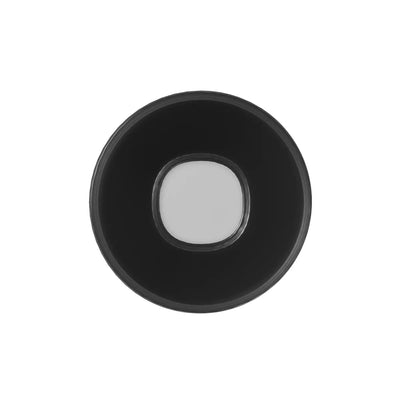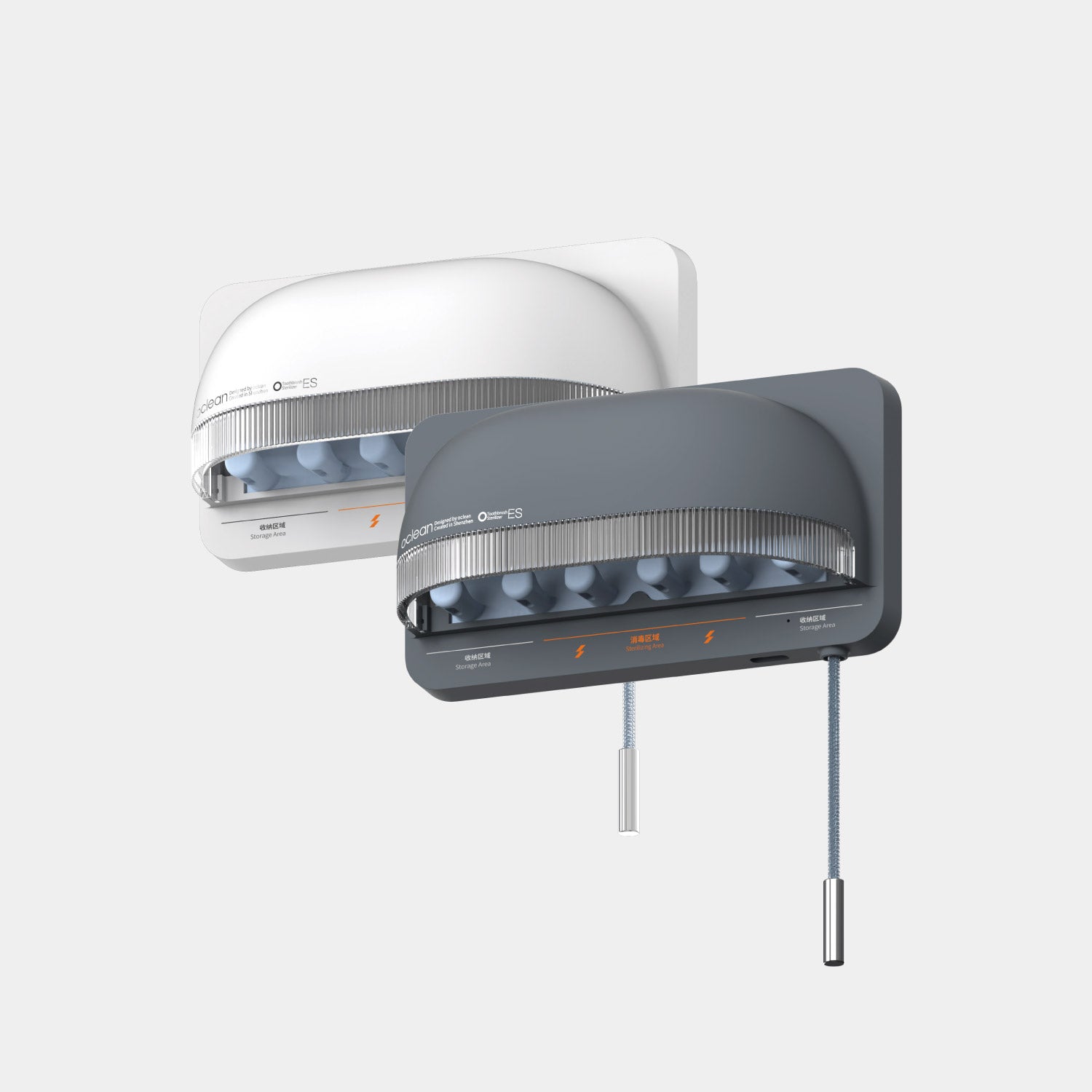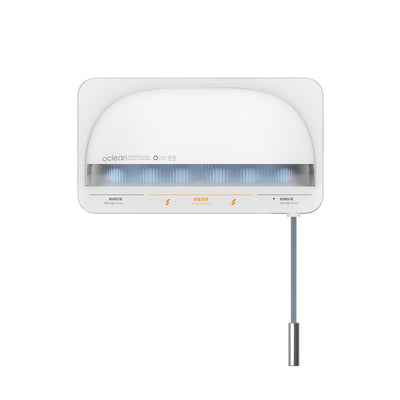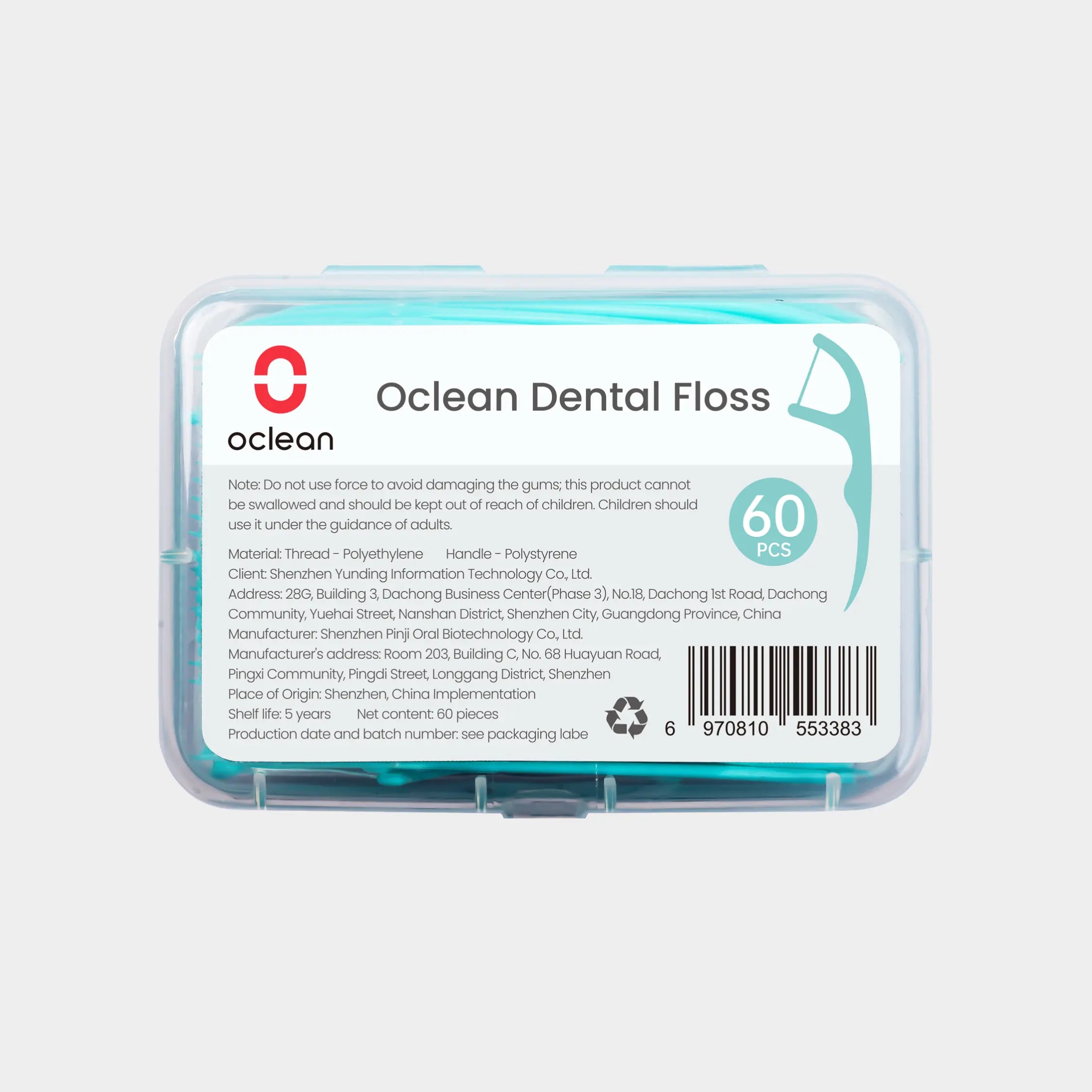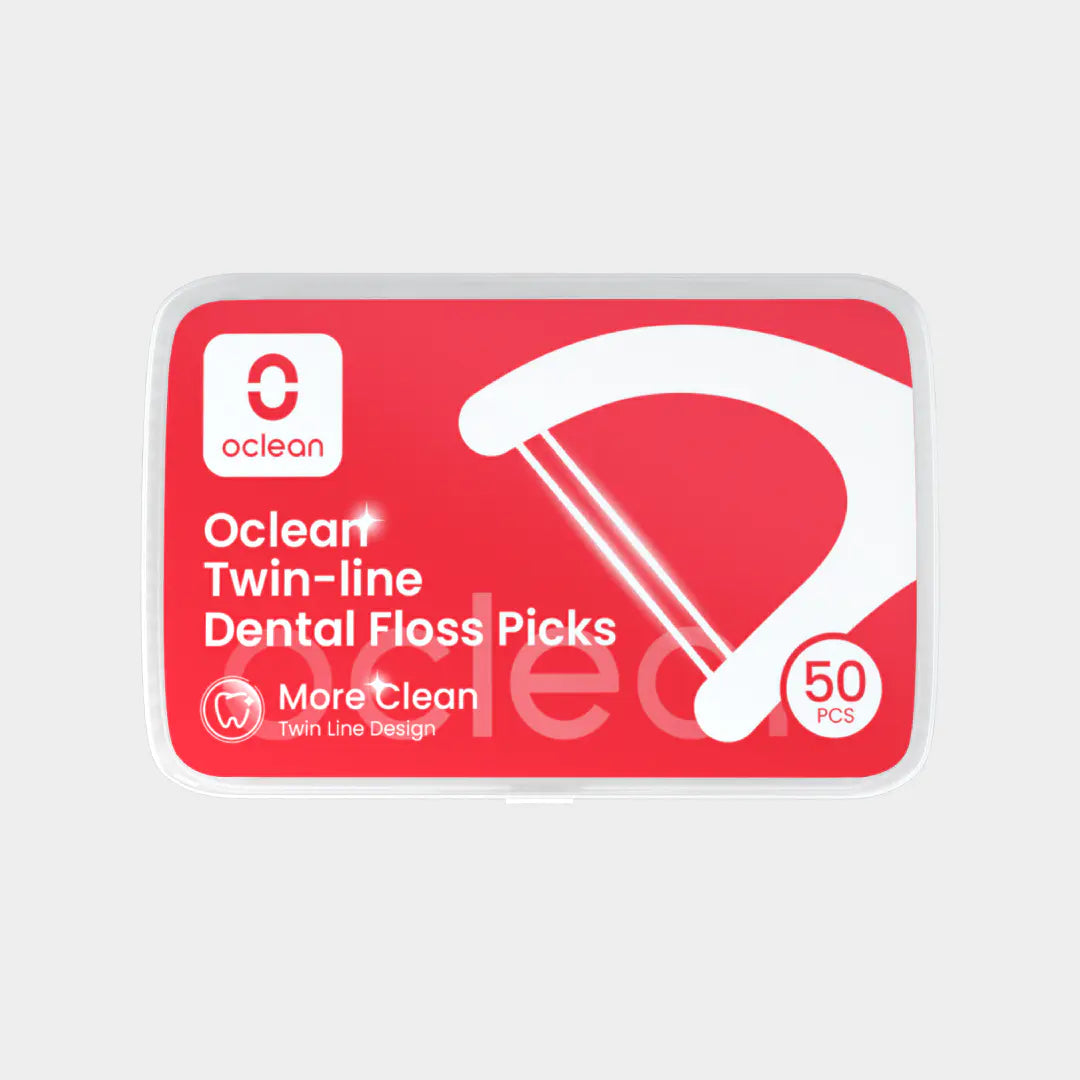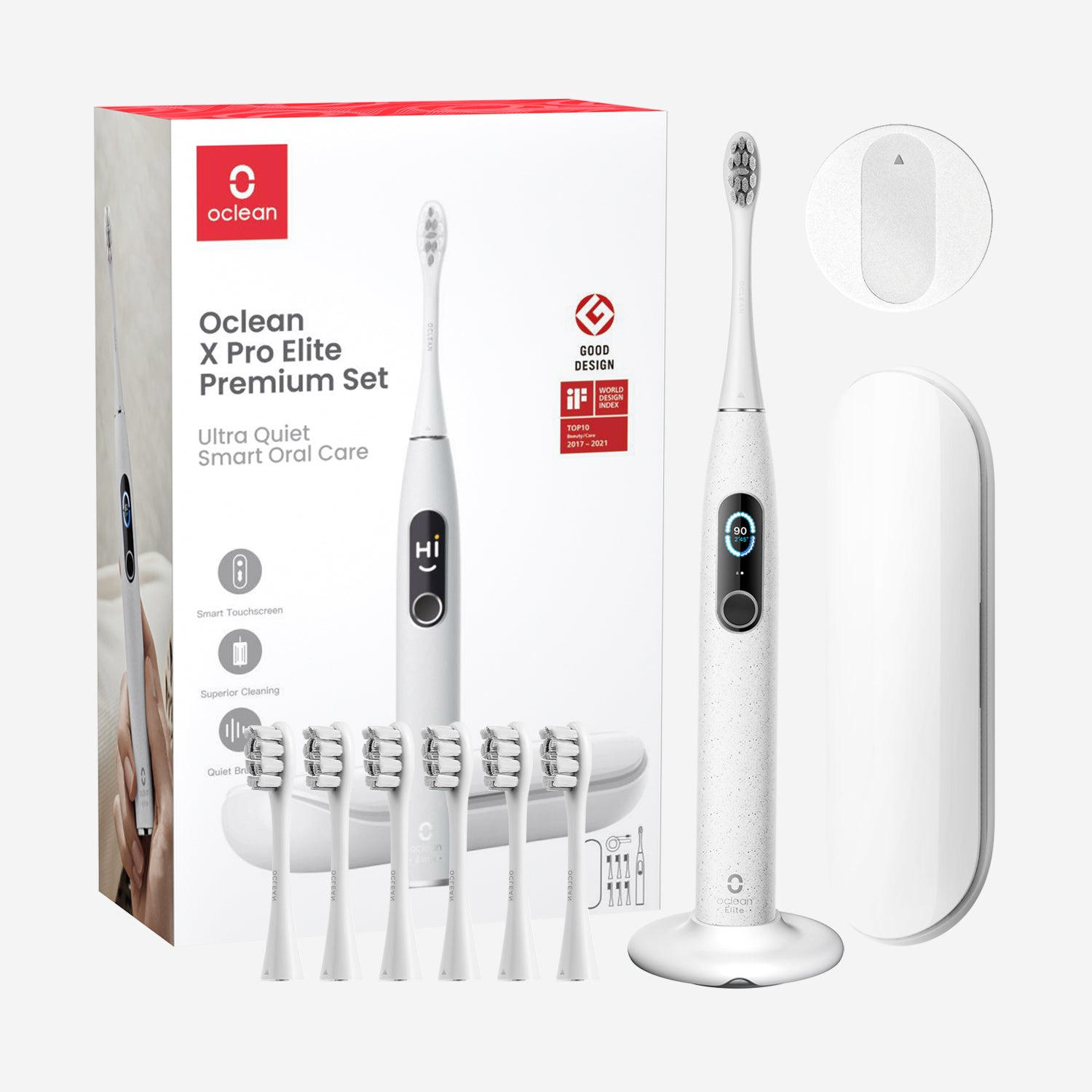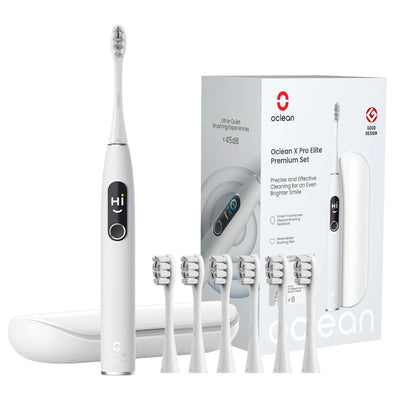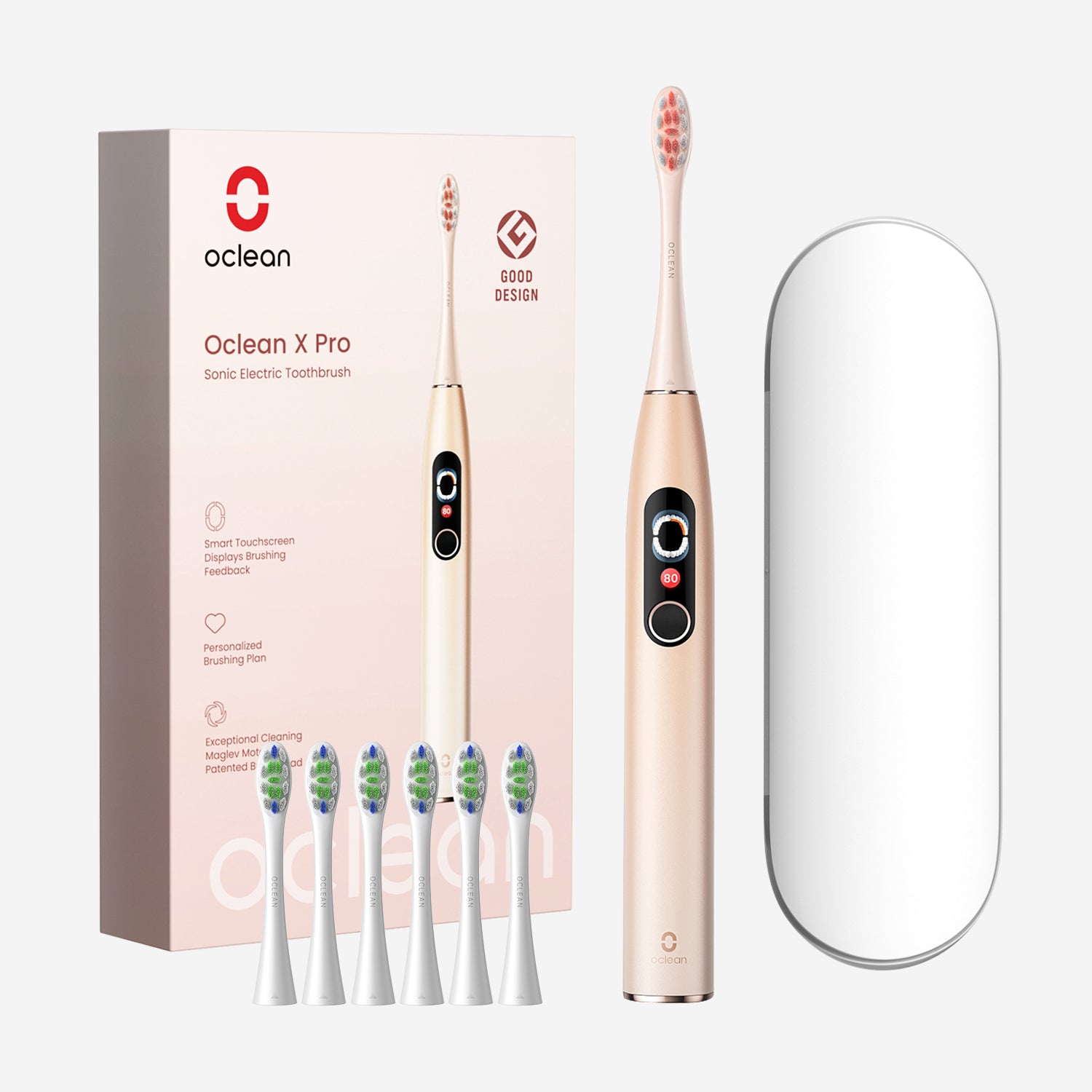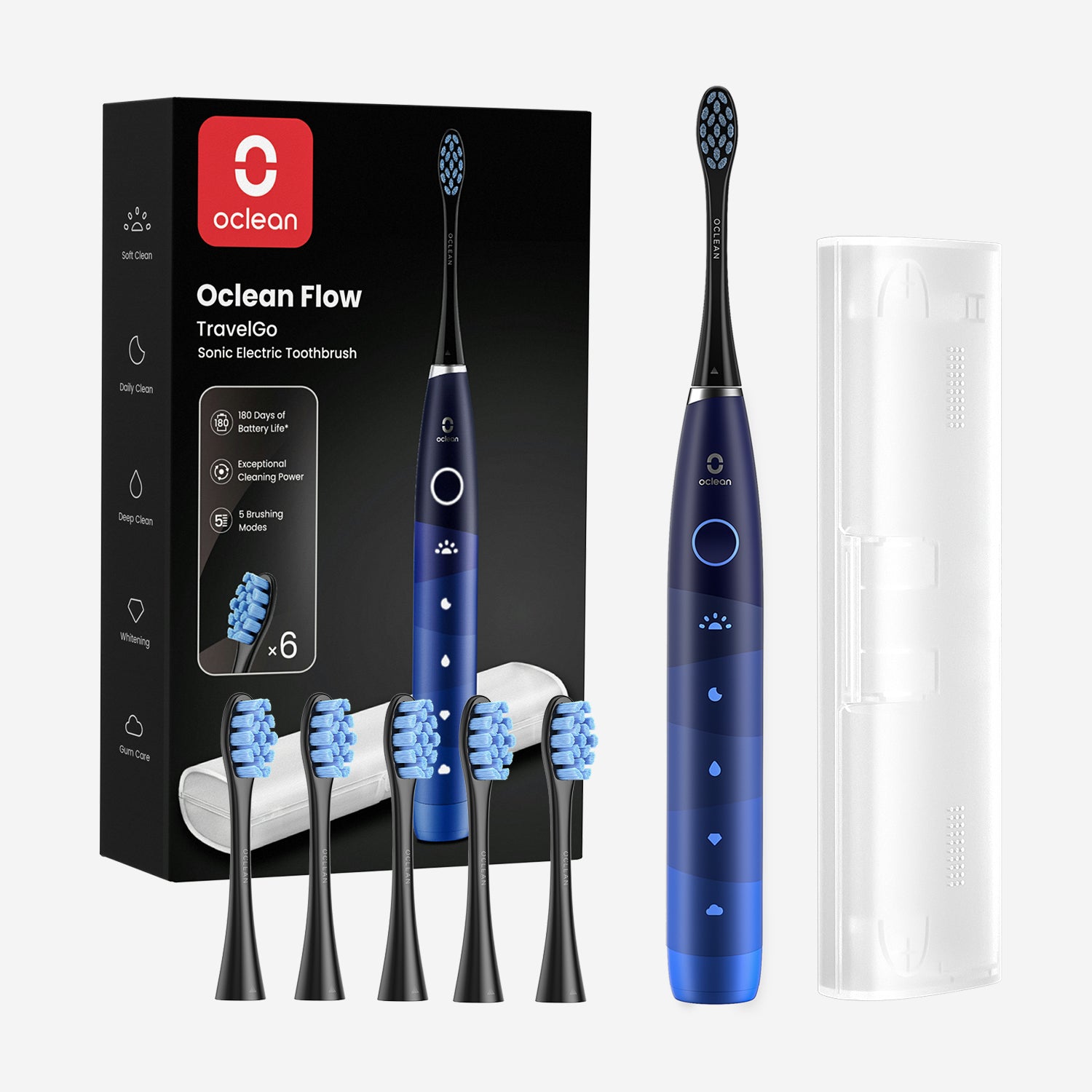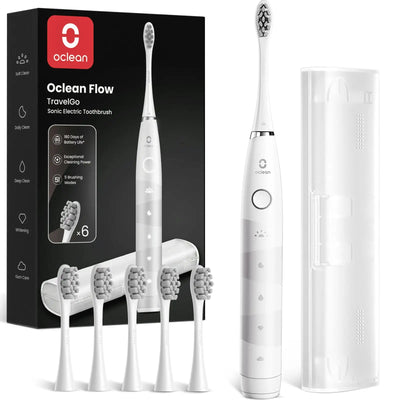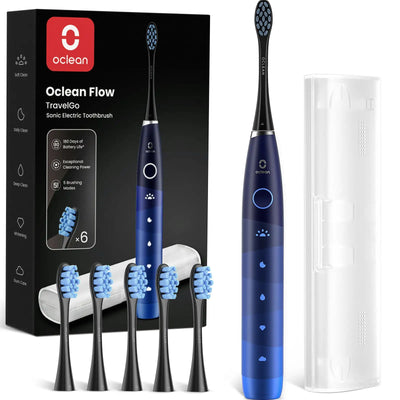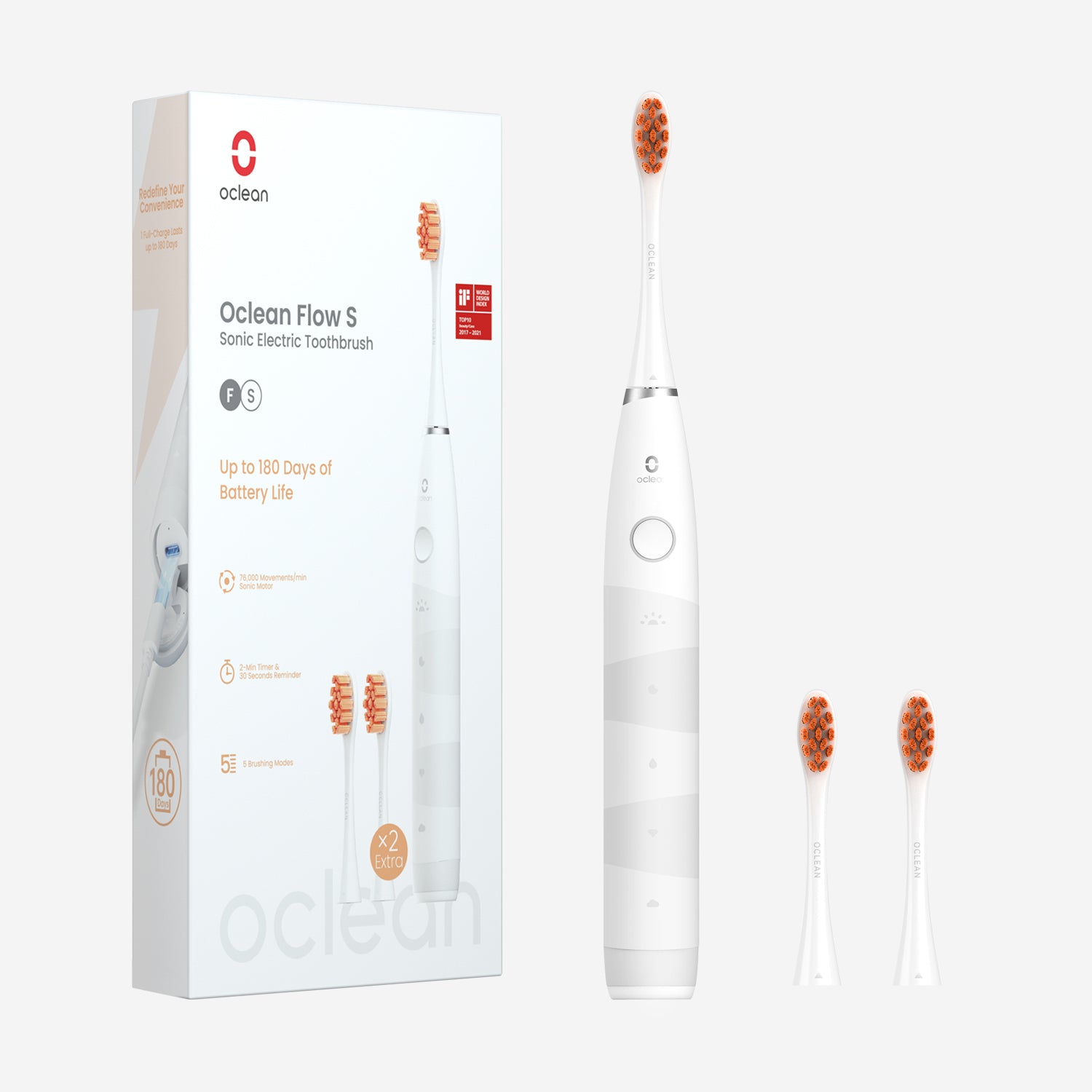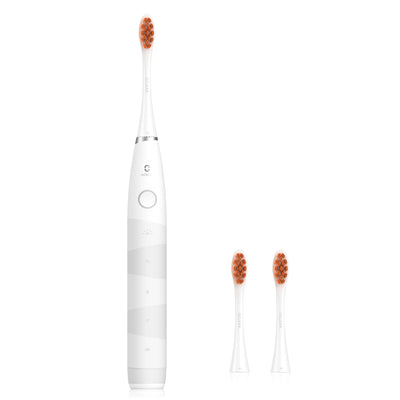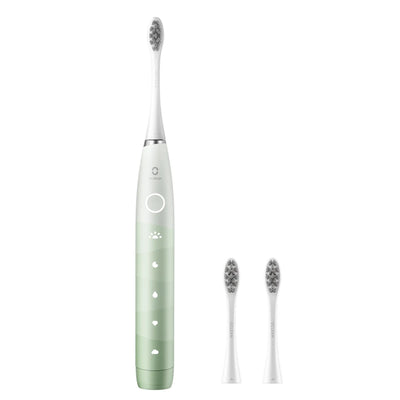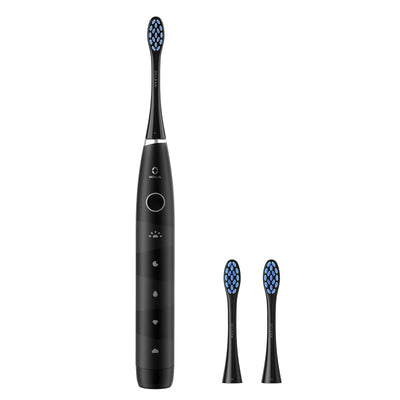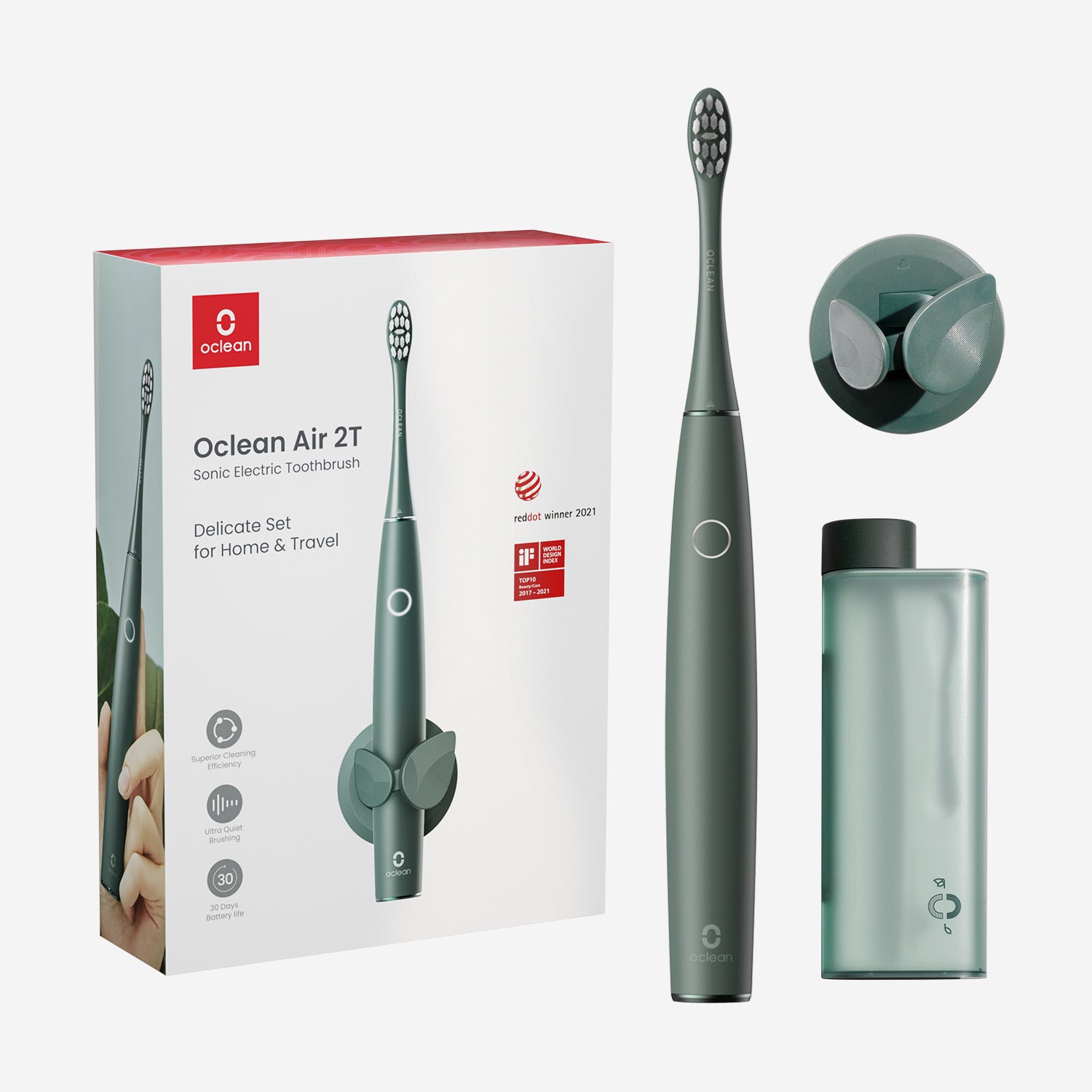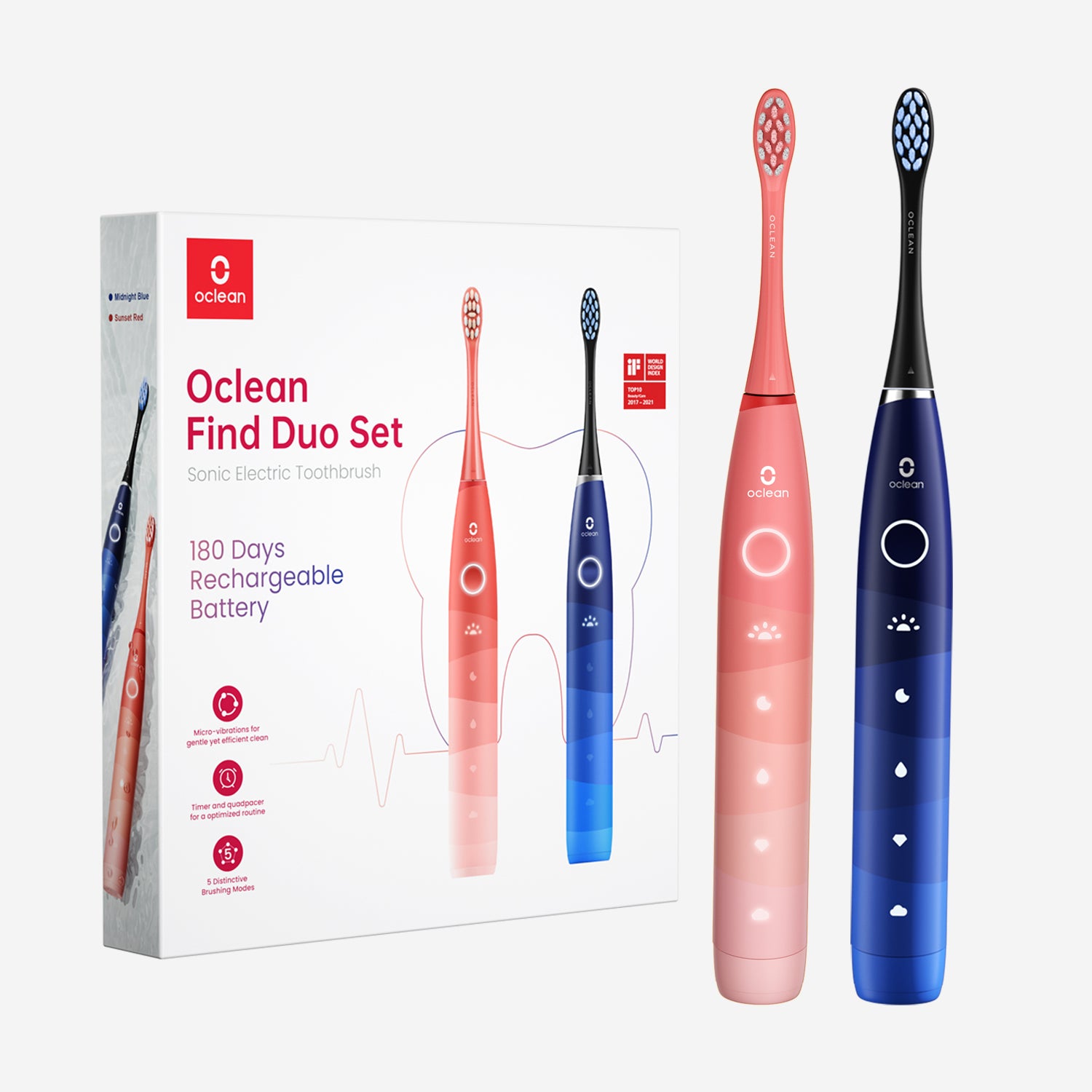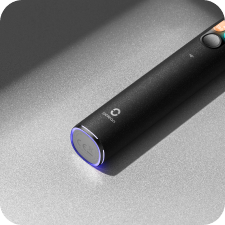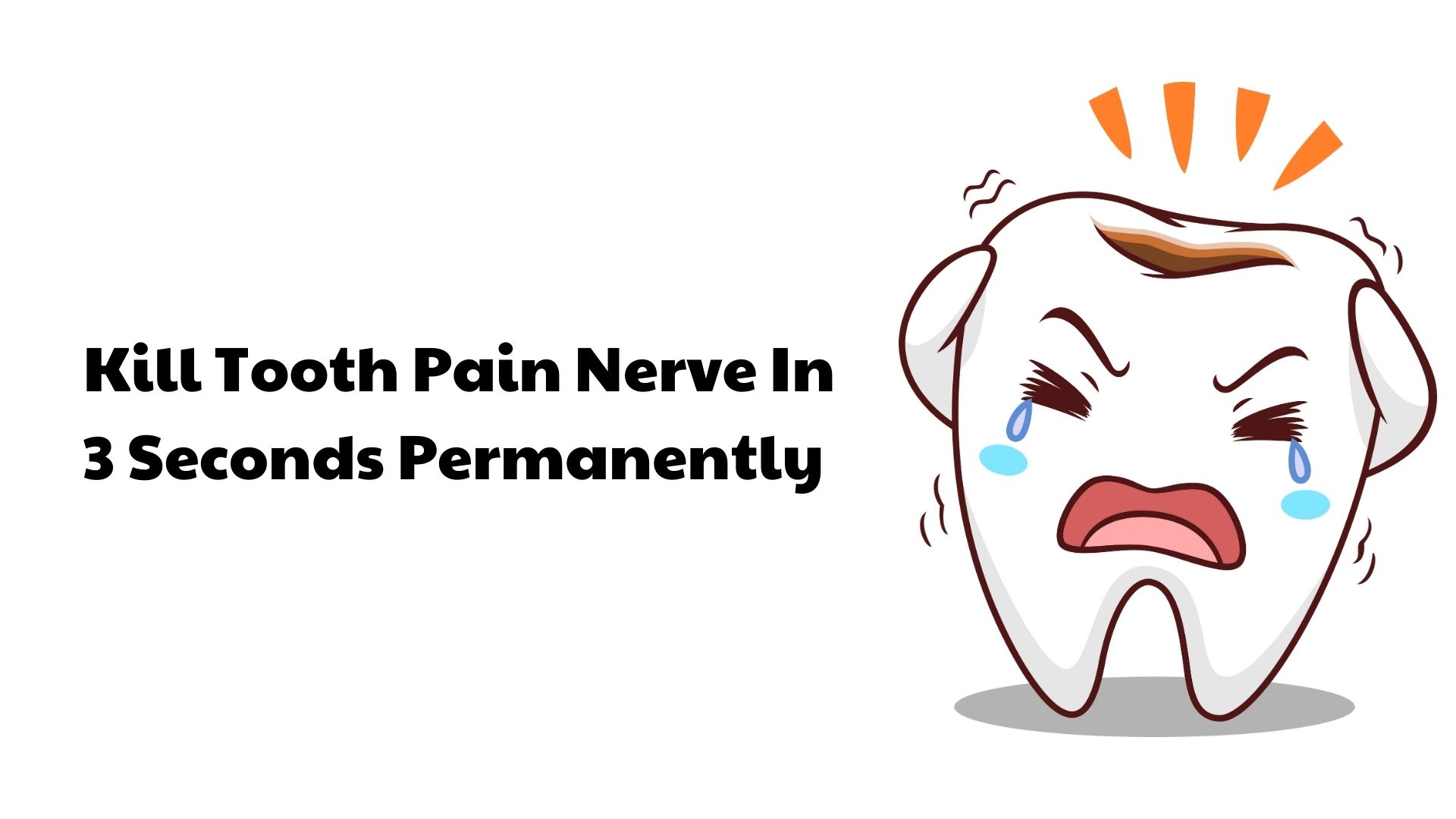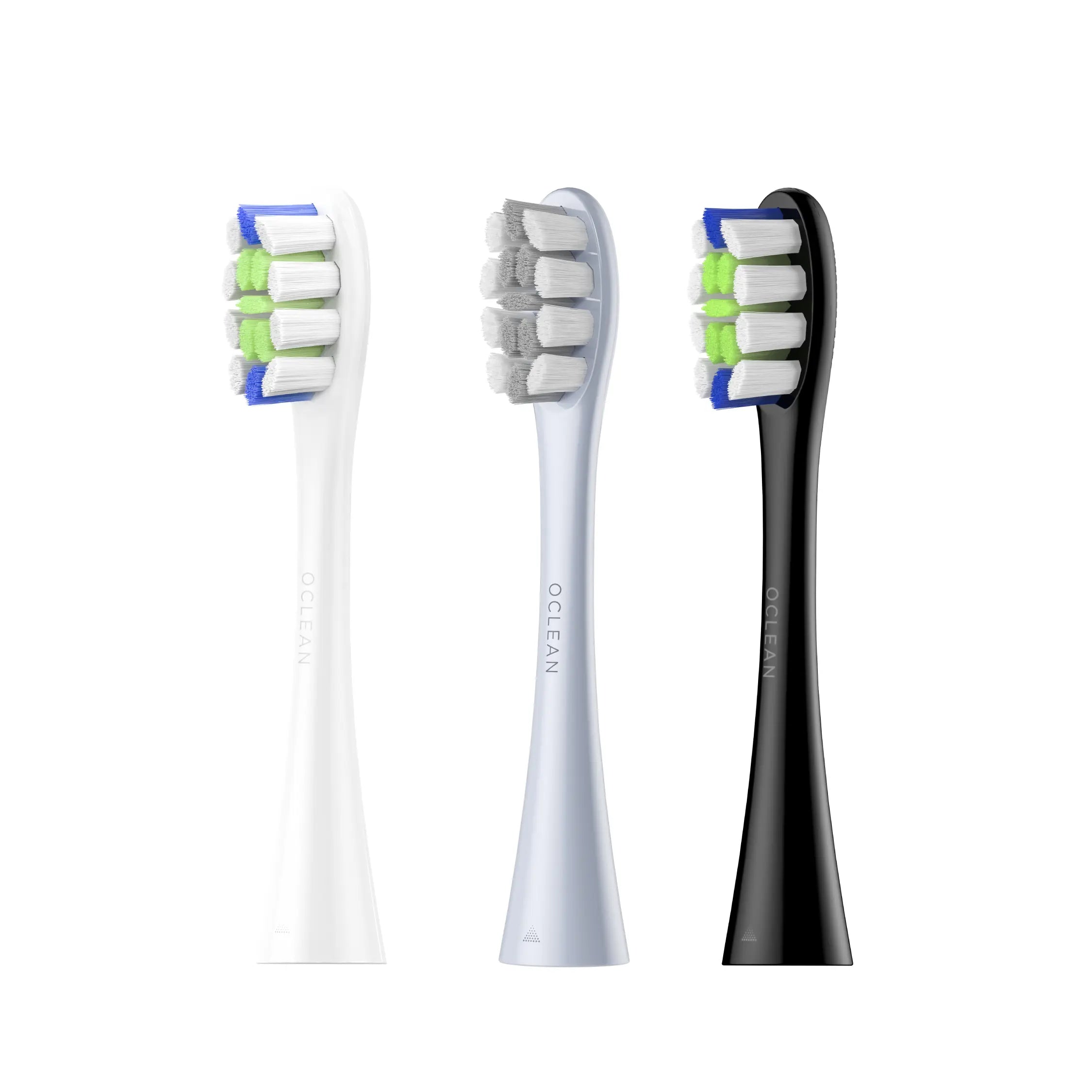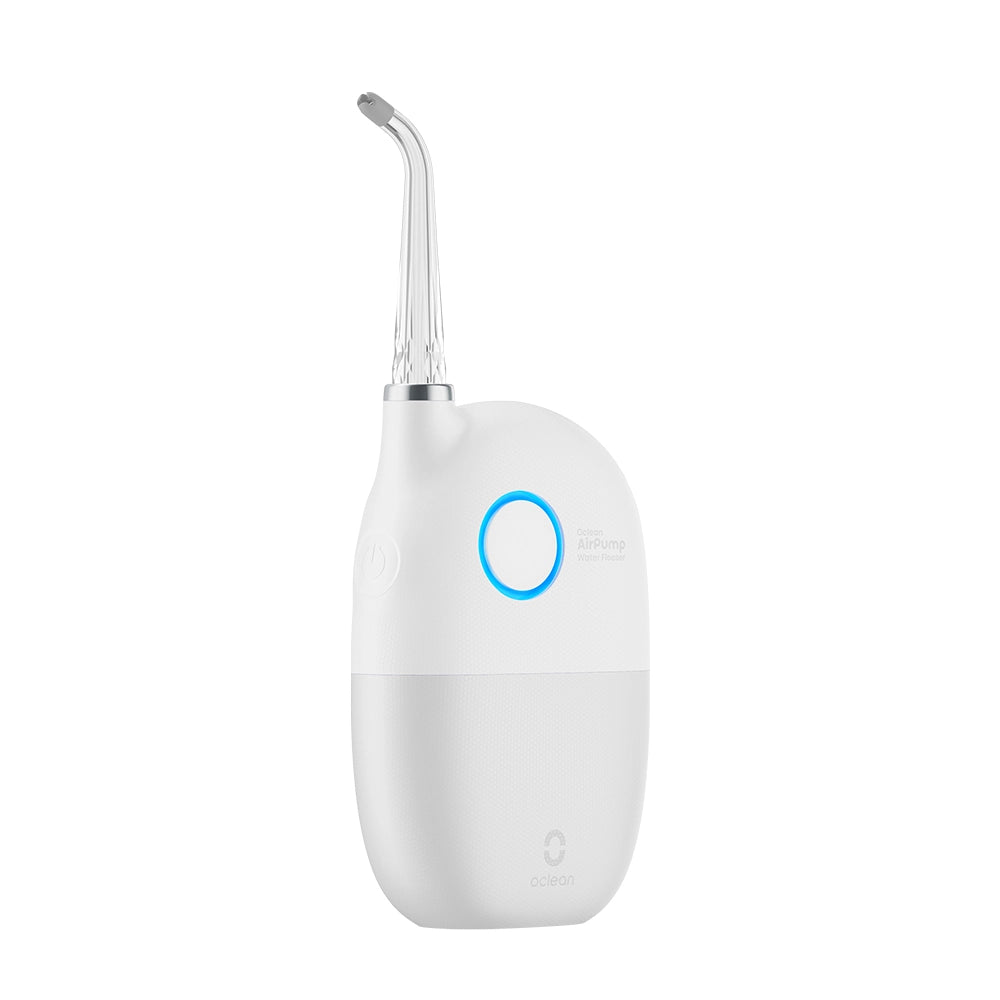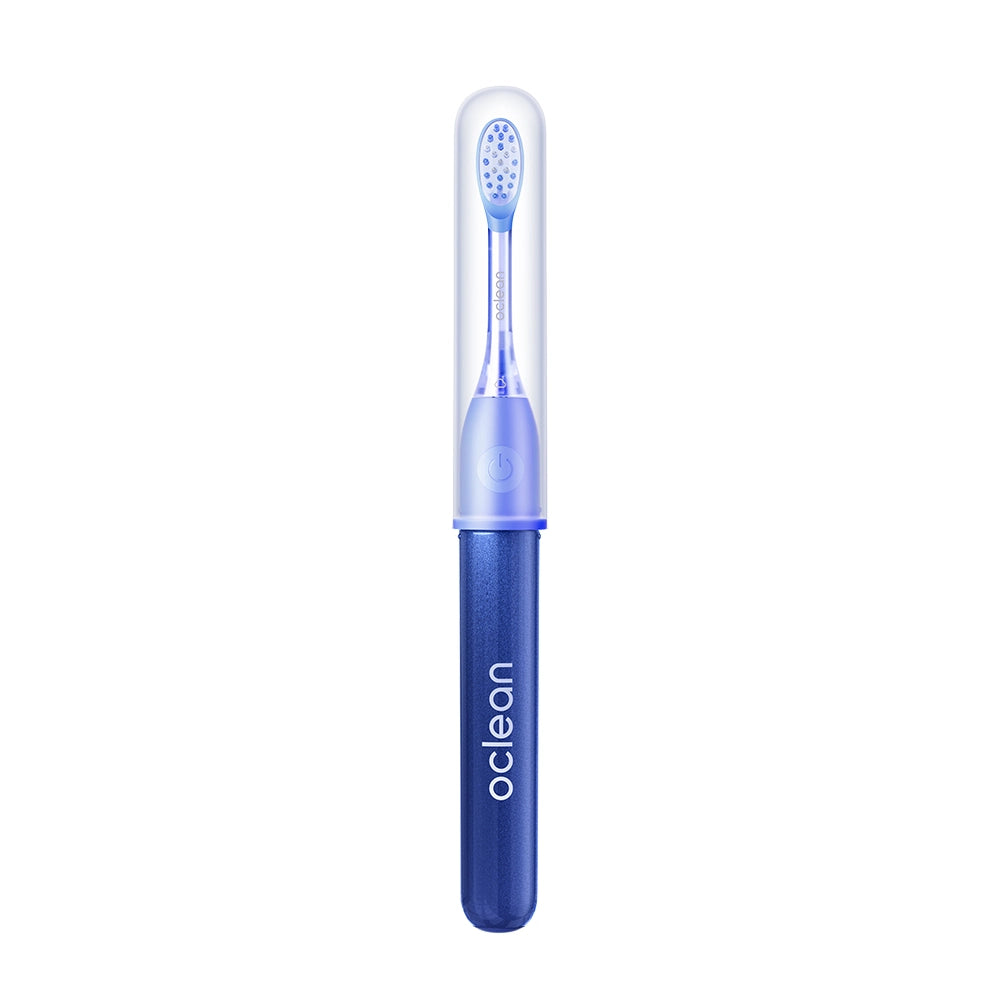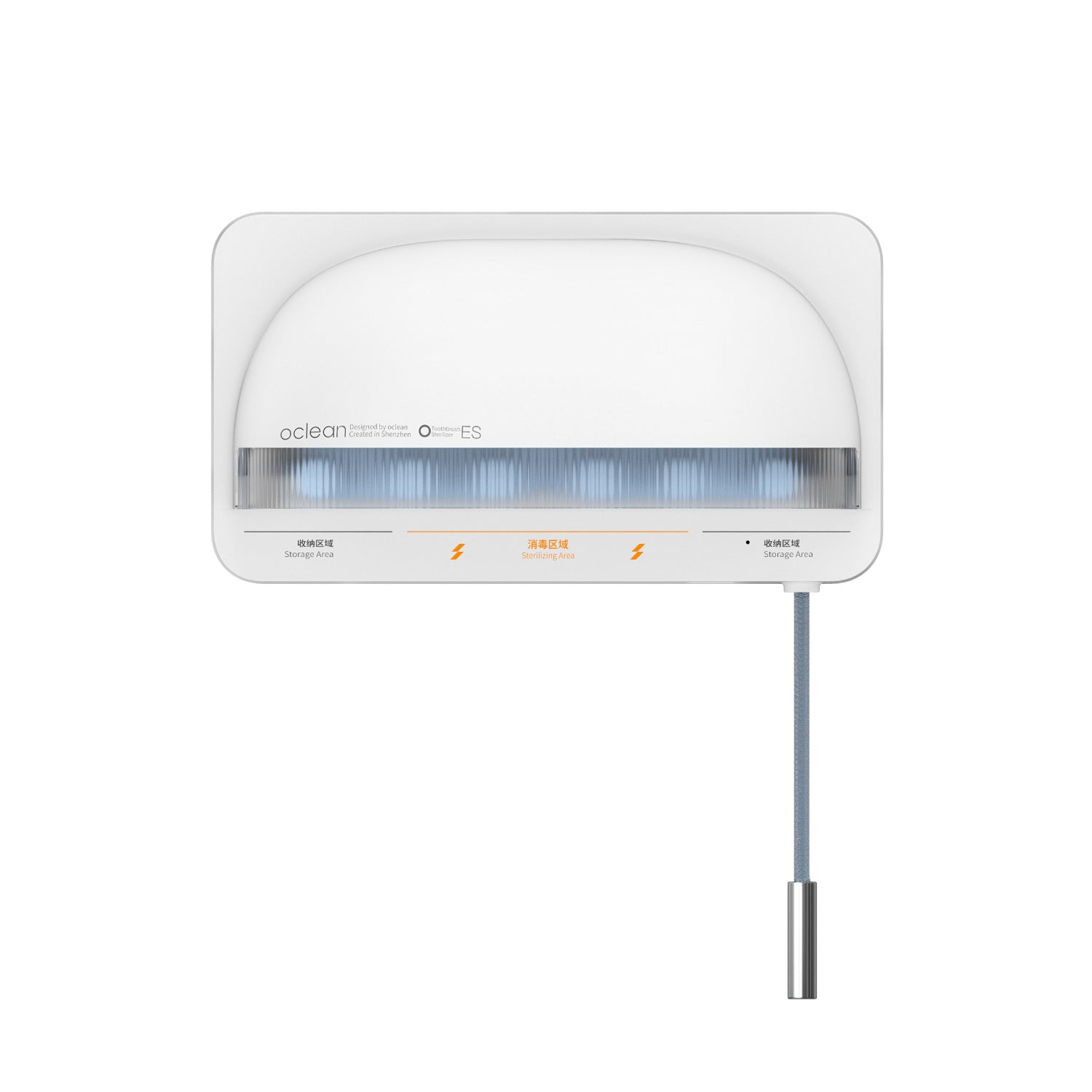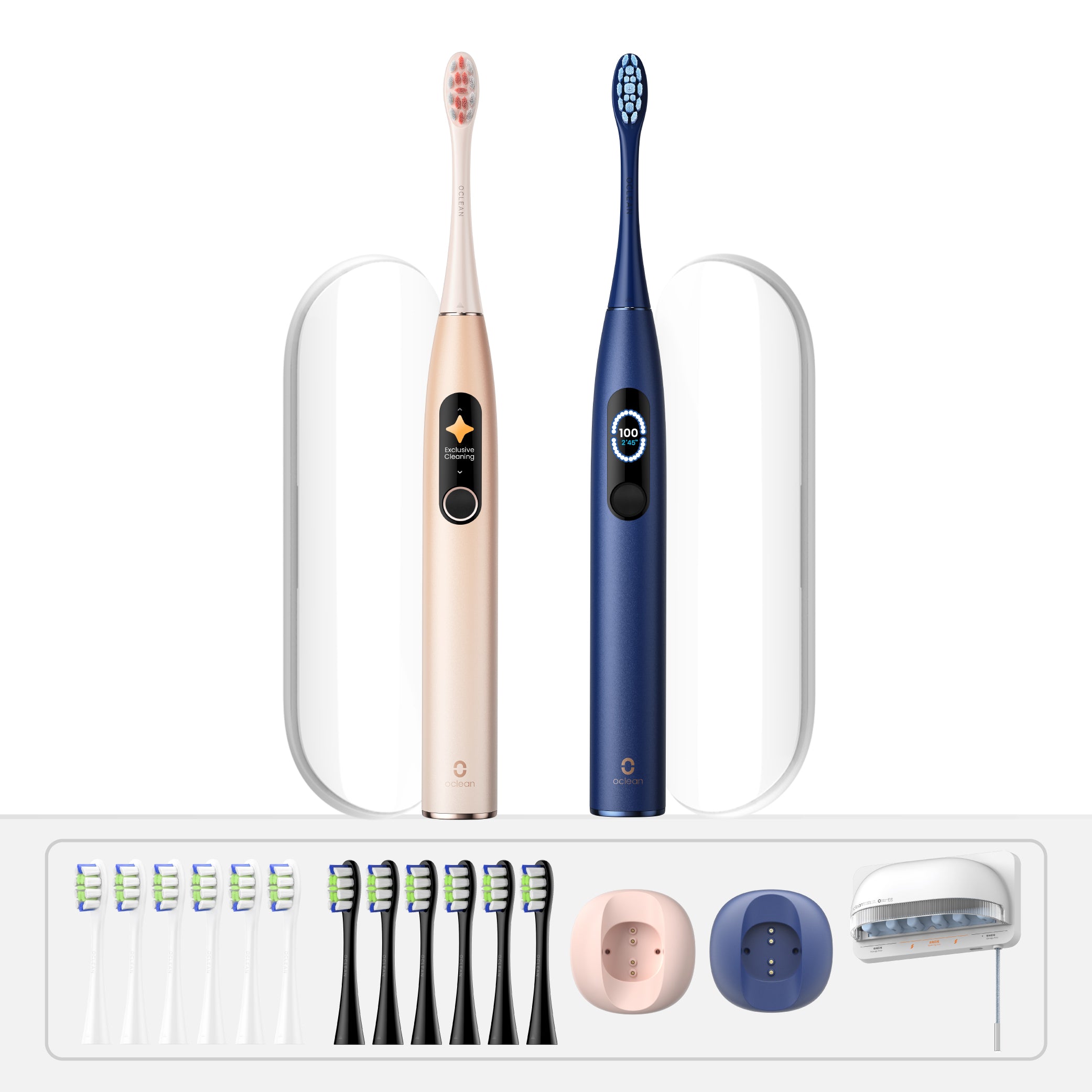Good oral hygiene is a cornerstone of overall health and well-being. While daily brushing and flossing are essential practices, understanding the broader scope of oral care can significantly enhance your dental health. This comprehensive guide will explore the fundamentals of good oral hygiene, its importance, the conditions linked to it, signs of poor oral hygiene, ways to improve it, and the best products to use.
What is good oral hygiene?
Good oral hygiene refers to the practices and habits that keep your mouth clean and healthy. This includes brushing your teeth at least twice a day, flossing daily, and visiting the dentist regularly for check-ups and professional cleanings. Proper mouth hygiene helps to prevent common dental issues such as cavities, gum disease, and bad breath, ensuring that you maintain good dental health.
Components of good oral hygiene
- Brushing: Using a toothbrush with soft bristles and fluoride toothpaste is essential for removing plaque and preventing tooth decay. Brushing at least twice a day ensures that the surfaces of your teeth are clean and free from harmful bacteria that can lead to cavities and gum disease.
- Flossing: Removing plaque and food particles from between the teeth is crucial because a toothbrush cannot reach these tight spaces. Daily flossing helps to prevent cavities and gum disease by cleaning the areas where plaque tends to accumulate.
- Mouthwash: Using antiseptic mouthwashes to kill bacteria and freshen breath provides an extra layer of protection against plaque and bacteria. Mouthwash can reach areas that brushing and flossing might miss, making it a valuable addition to your oral hygiene routine.
- Diet: Eating a balanced diet low in sugar to prevent tooth decay is fundamental for maintaining healthy teeth and gums. Foods rich in vitamins and minerals, such as fruits, vegetables, and dairy products, support overall oral health by strengthening teeth and reducing the risk of cavities.
- Dental Check-ups: Regular visits to the dentist for preventive care and early detection of dental issues are vital. Professional cleanings and exams can identify problems before they become severe, helping to maintain good oral health and prevent costly and painful dental procedures in the future.
Why is good oral hygiene important?
Prevents dental problems
Good oral hygiene is critical for preventing dental problems such as tooth decay and gum disease. By removing plaque, which is a sticky film of bacteria that forms on your teeth, you can avoid cavities and periodontal diseases.
Enhances overall health
Maintaining good oral health is linked to overall health. Poor dental health can lead to systemic health issues such as heart disease, diabetes, and respiratory infections. Studies have shown that bacteria from the mouth can enter the bloodstream and contribute to these conditions.
Boosts self-esteem
Good teeth hygiene contributes to a bright, attractive smile, which can significantly boost your confidence and self-esteem. Having healthy teeth and gums allows you to speak and eat comfortably, enhancing your quality of life.
Financial savings
Investing in proper mouth hygiene can save you money in the long run by preventing costly dental procedures. Routine dental care is much less expensive than treatments for advanced dental problems.
What conditions are linked to oral hygiene?
Tooth decay
Tooth decay, or cavities, is one of the most common consequences of poor oral hygiene. Plaque, if not removed regularly, produces acids that erode tooth enamel, leading to decay.
Gum disease
Gum disease, including gingivitis and periodontitis, is another condition linked to poor oral hygiene. Gingivitis causes inflammation of the gums, while periodontitis is a more severe form that can damage the soft tissue and bone supporting the teeth.
Halitosis (bad breath)
Bad breath, or halitosis, is often caused by poor oral hygiene. Food particles left in the mouth can decay and cause a foul odor. Additionally, bacteria on the tongue and gums can contribute to bad breath.
Oral infections
Poor oral hygiene can lead to various oral infections, such as thrush, which is a fungal infection caused by the overgrowth of Candida in the mouth.
Systemic health issues
Research has shown that poor dental health can contribute to systemic health problems. For example, periodontal disease has been linked to cardiovascular disease, diabetes, and complications during pregnancy.
What are the signs of poor oral hygiene?
Persistent bad breath
Chronic bad breath, or halitosis, is a common sign of poor oral hygiene. It can be caused by the build-up of plaque, food particles, and bacteria in the mouth.
Bleeding gums
If your gums bleed when you brush or floss, it could be a sign of gingivitis or more severe gum disease. Healthy gums should not bleed easily.
Toothache or sensitivity
Tooth pain or sensitivity to hot, cold, or sweet foods can indicate tooth decay or other dental issues that need attention.
Plaque and tartar build-up
Visible yellow or brown deposits on your teeth are signs of plaque and tartar build-up, which can lead to cavities and gum disease if not addressed.
Loose teeth
Advanced gum disease can cause teeth to become loose and eventually fall out. If you notice any movement in your teeth, it’s essential to see a dentist immediately.
How can I improve my oral hygiene?
Brushing regularly
Brush your teeth at least twice a day using a soft-bristled toothbrush and fluoride toothpaste. Brushing removes plaque and bacteria from the surfaces of your teeth.
Flossing daily
Flossing is crucial for removing plaque and food particles from between your teeth, where a toothbrush can’t reach. Make it a habit to floss at least once a day.
Using mouthwash
Antiseptic mouthwashes can help reduce bacteria in your mouth, freshen your breath, and provide an extra layer of protection against plaque.
Eating a balanced diet
A healthy diet is essential for good oral health. Limit your intake of sugary foods and drinks, and eat plenty of fruits, vegetables, and dairy products to provide your teeth with the necessary nutrients.
Regular dental check-ups
Visit your dentist at least twice a year for professional cleanings and check-ups. Regular visits help in early detection and treatment of dental issues, preventing them from becoming more severe.
Which oral hygiene products should I use?
Sonic toothbrushes
Sonic toothbrushes are a game-changer in dental care. They use high-frequency vibrations to clean teeth more effectively than manual toothbrushes. The rapid movement helps dislodge plaque and food particles, ensuring thorough cleaning. Investing in a sonic toothbrush can lead to better oral health and a brighter smile.
Water flossers
Water flossers, also known as oral irrigators, use a stream of water to remove plaque and food particles from between teeth and below the gumline. They are especially useful for people with braces, dental implants, or gum disease. Regular use of a water flosser can enhance gum health and reduce the risk of periodontal disease.
Toothpastes
Selecting the right toothpaste is crucial for good oral hygiene. Look for toothpastes that contain fluoride, which helps strengthen tooth enamel and prevent decay. There are also toothpastes designed for sensitive teeth, whitening, and tartar control. Choose a toothpaste that meets your specific dental needs.
Table of Contents
